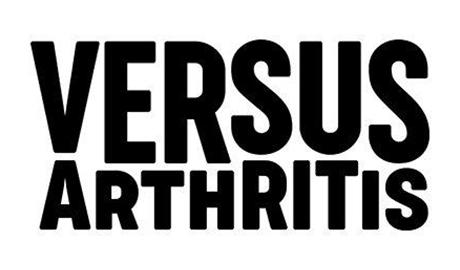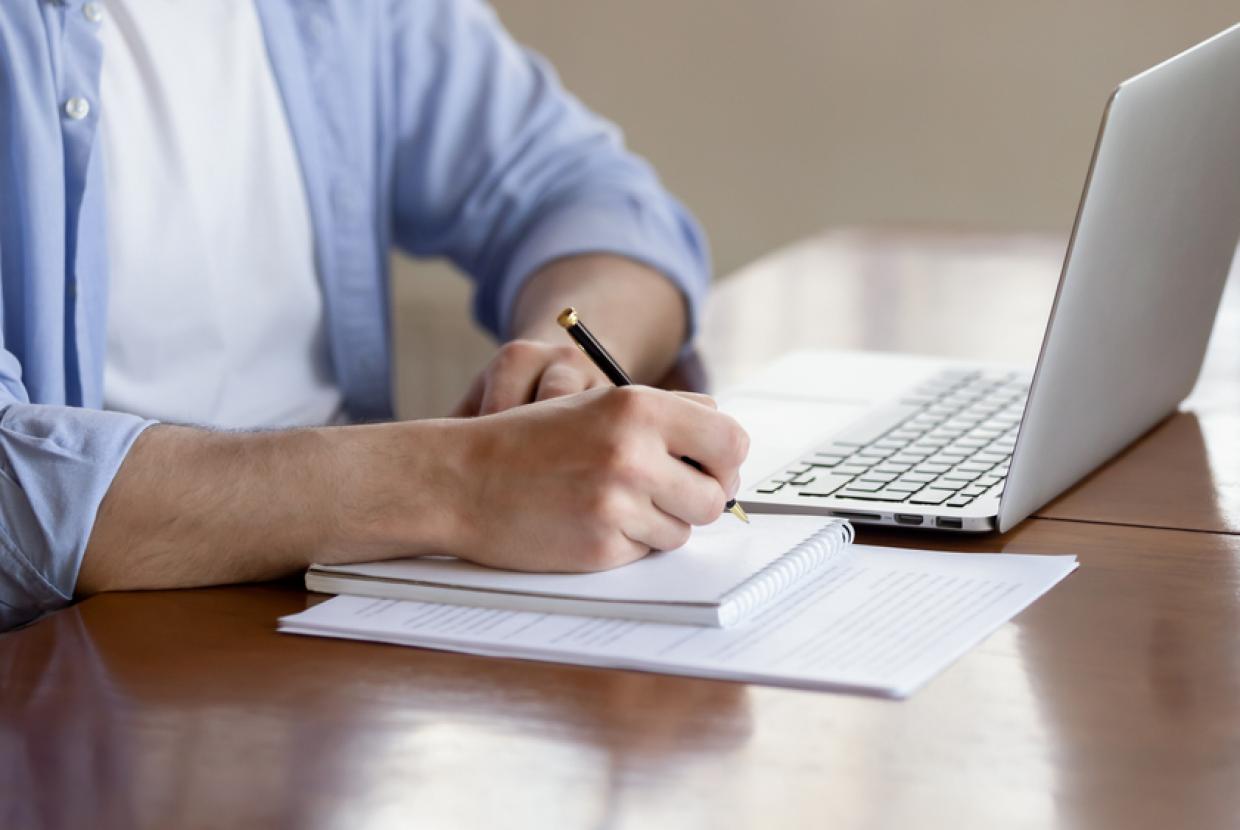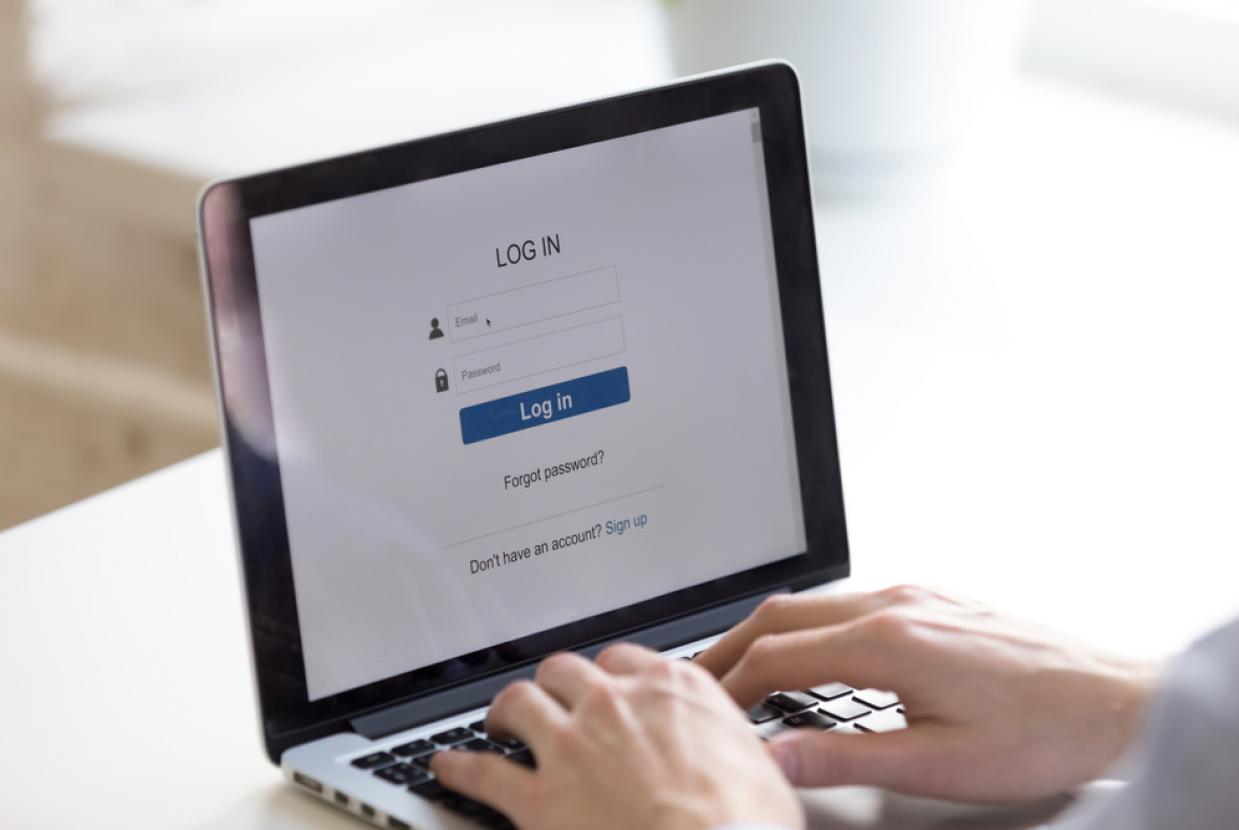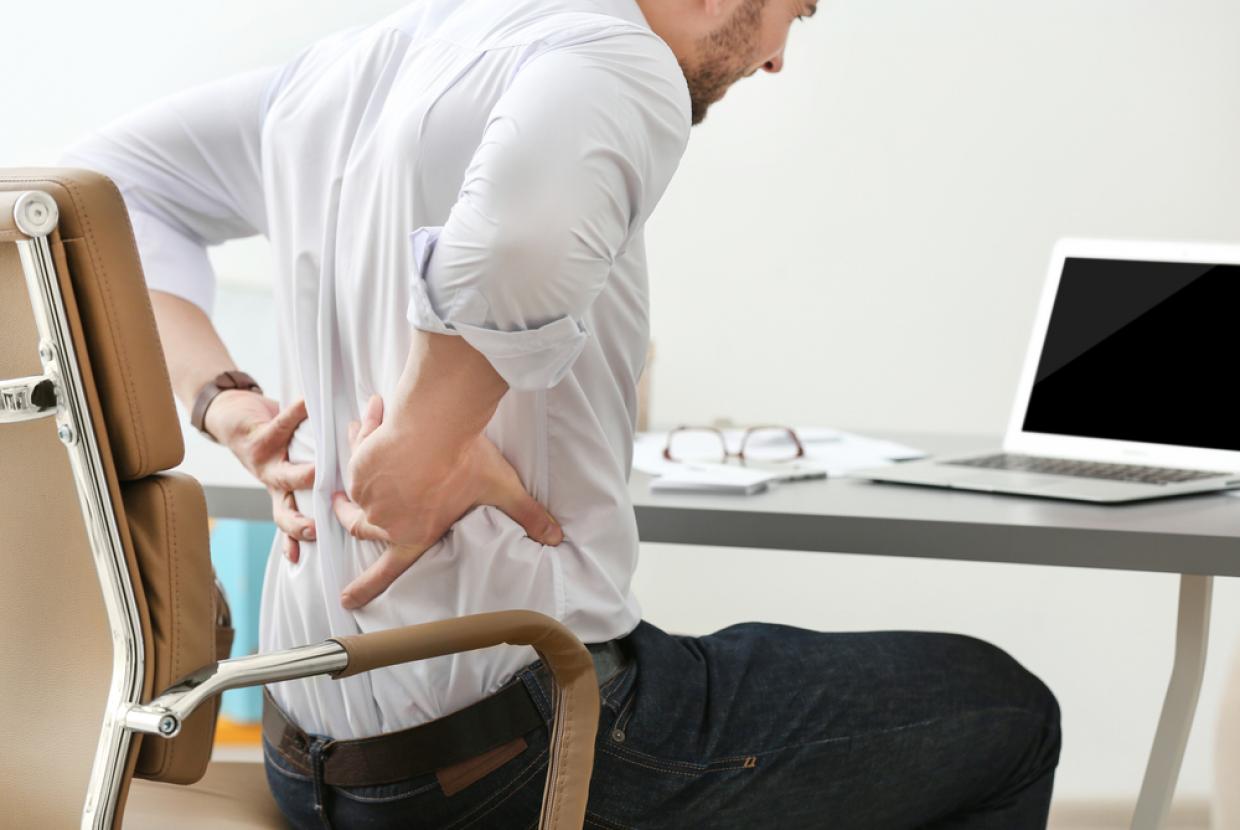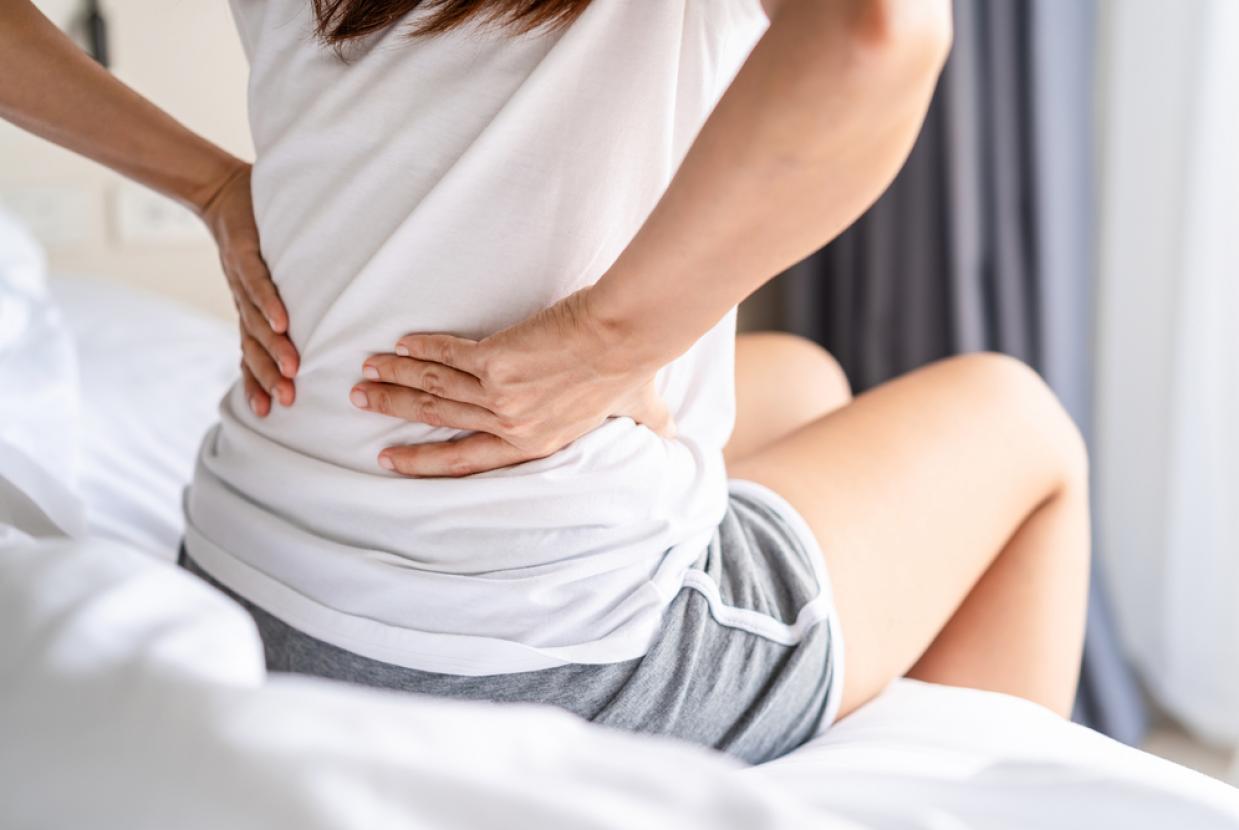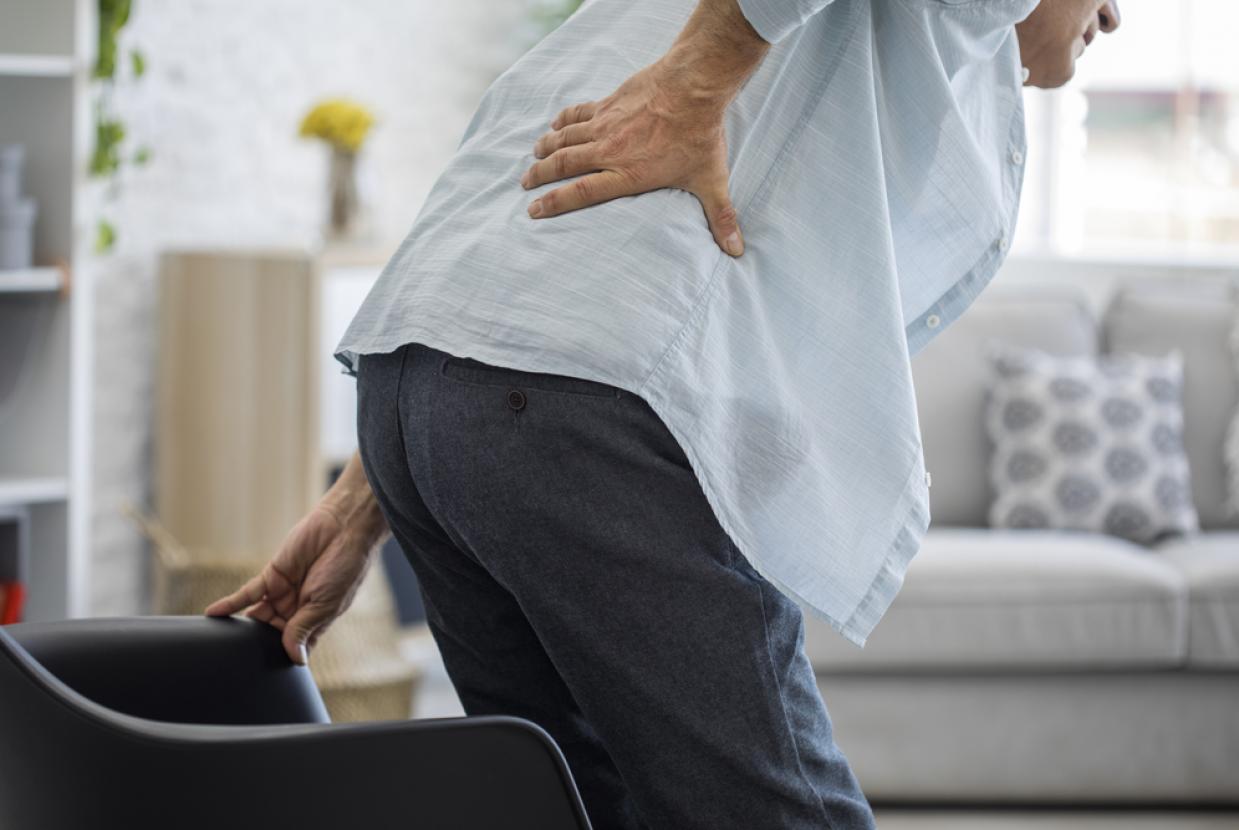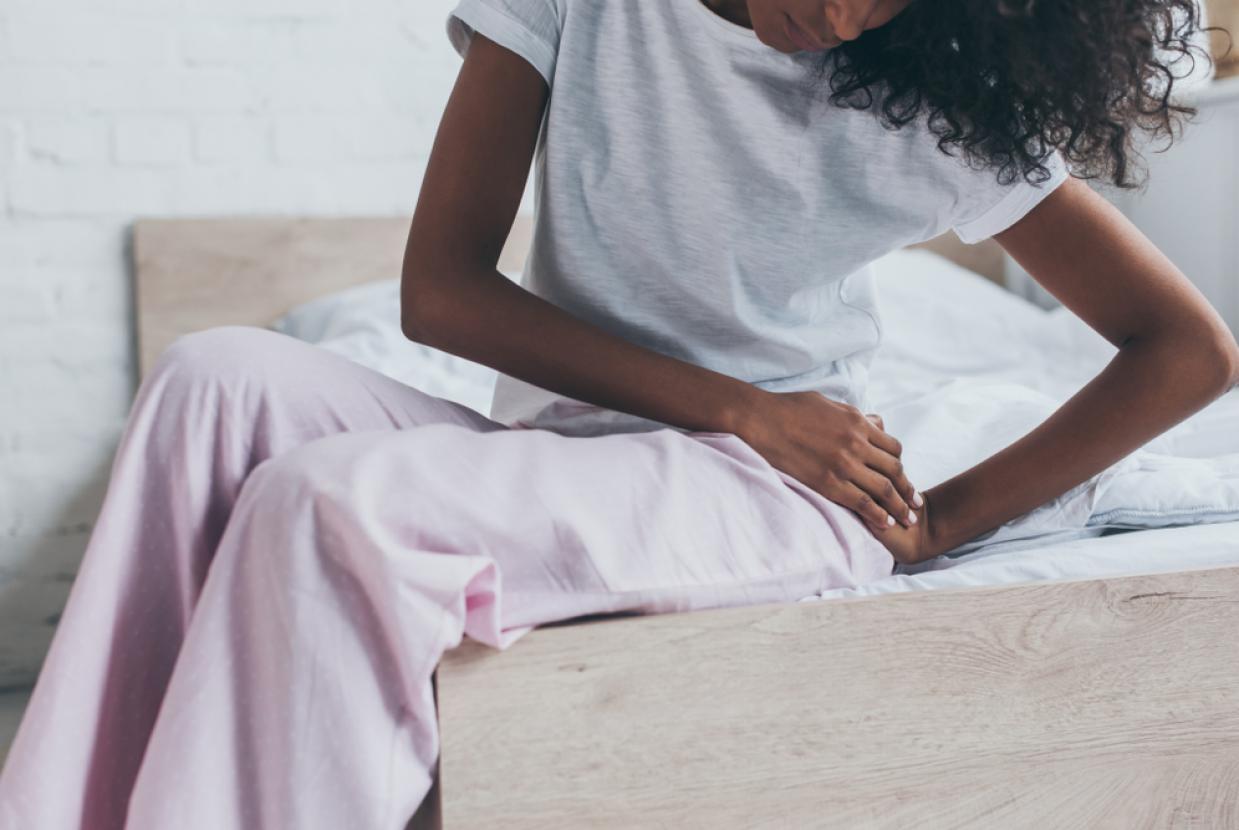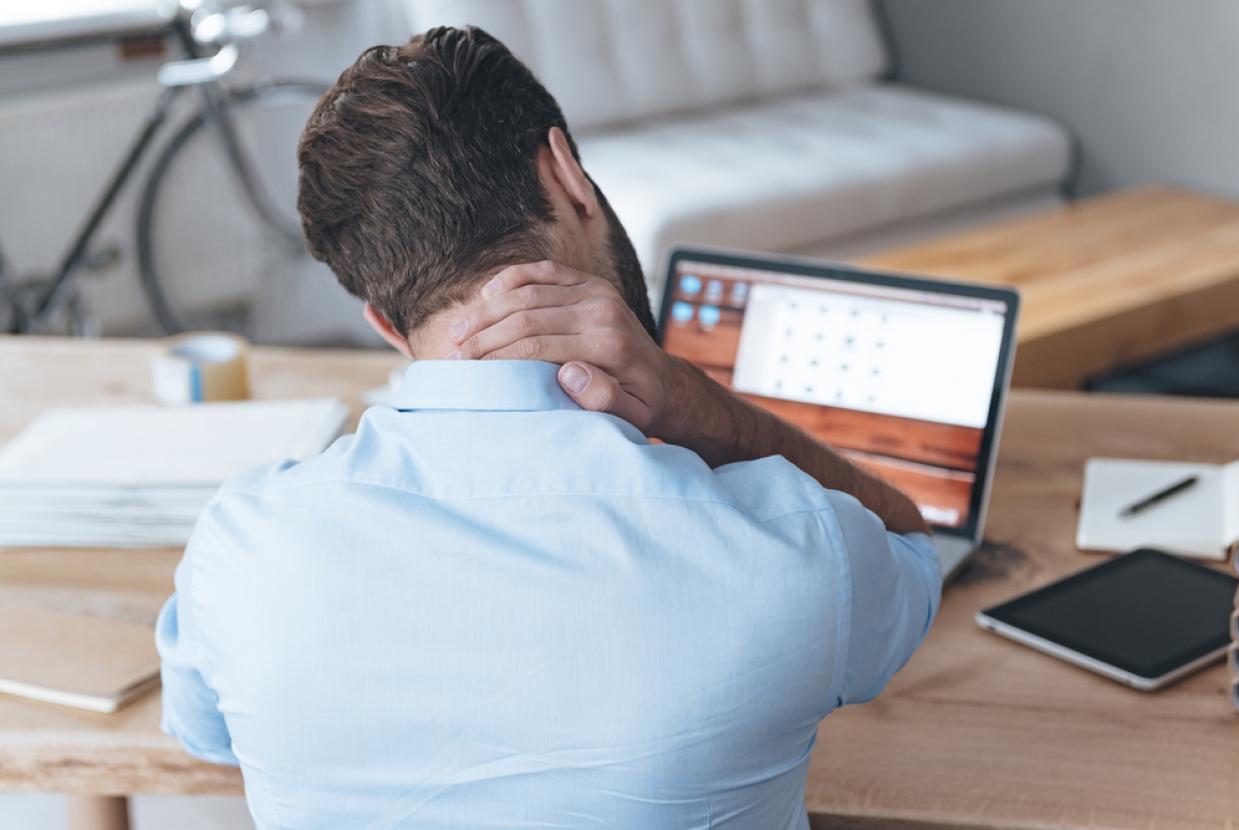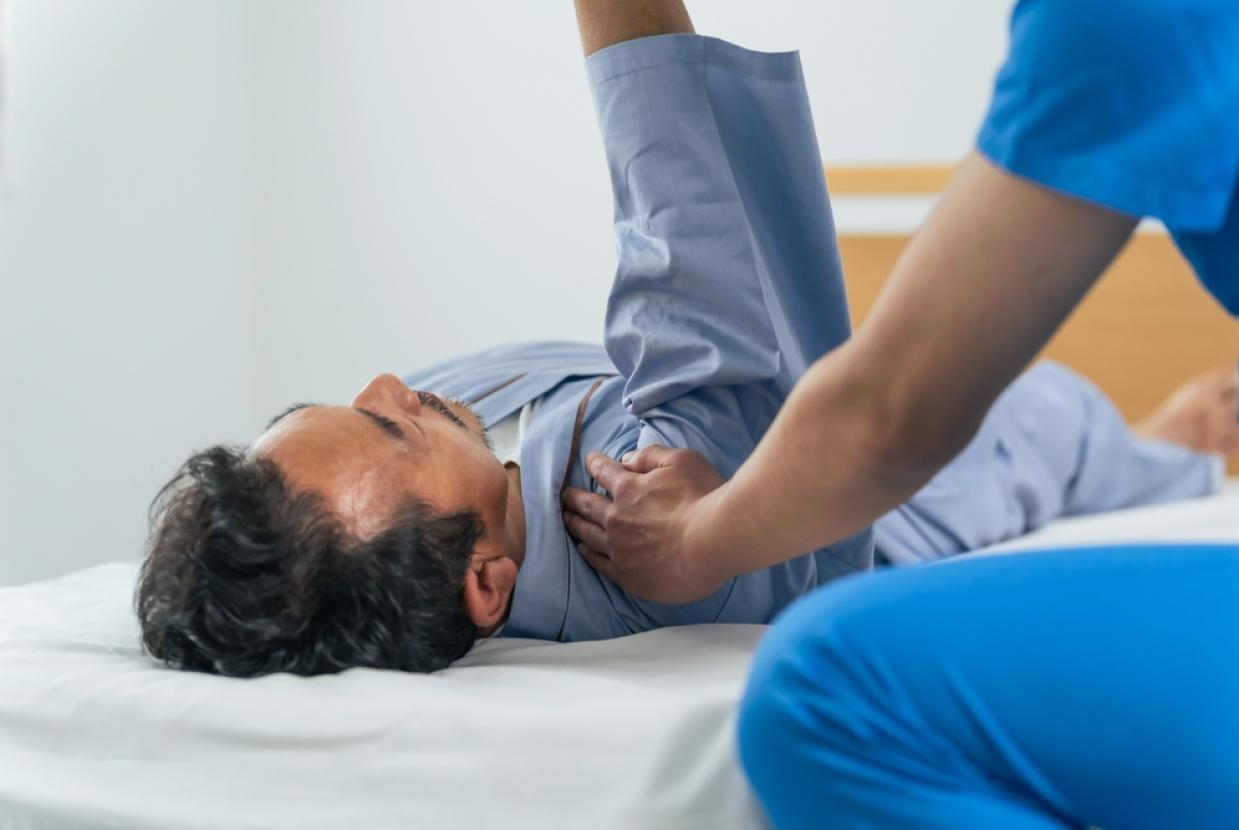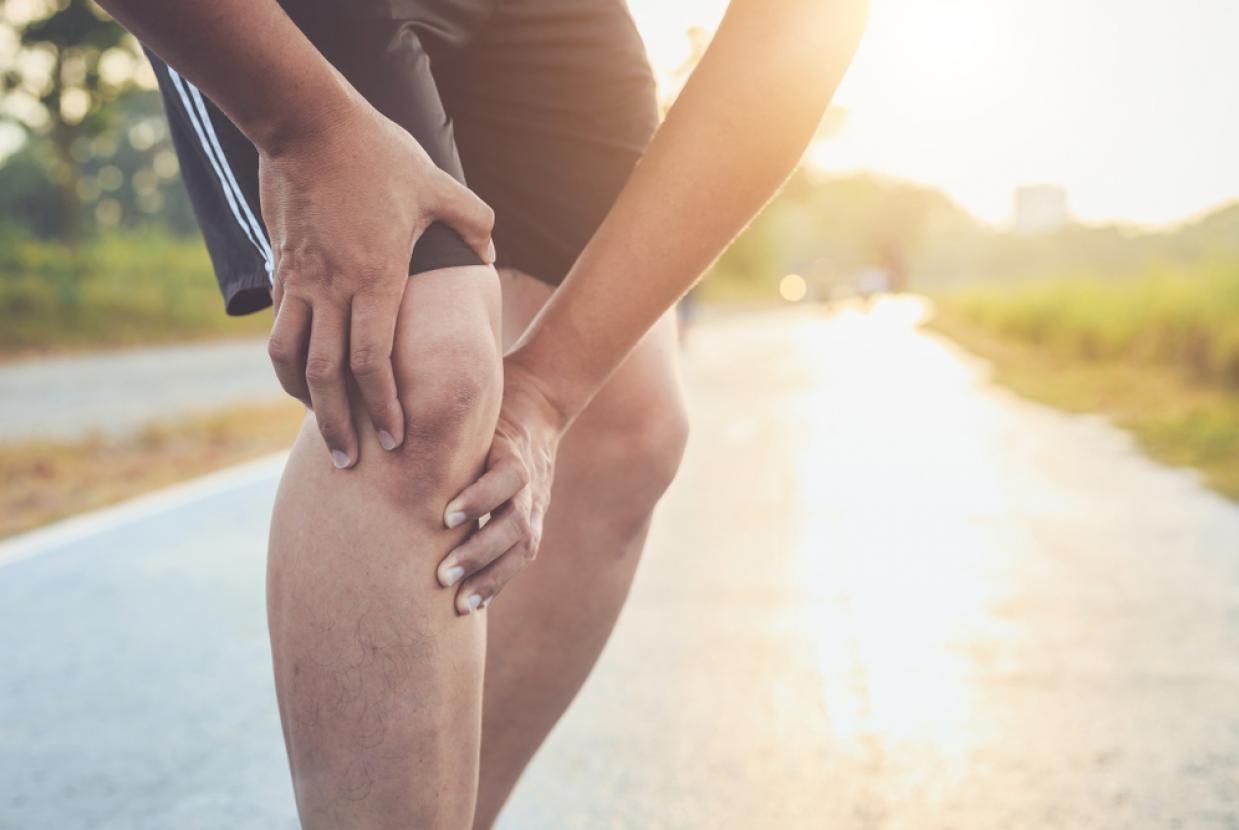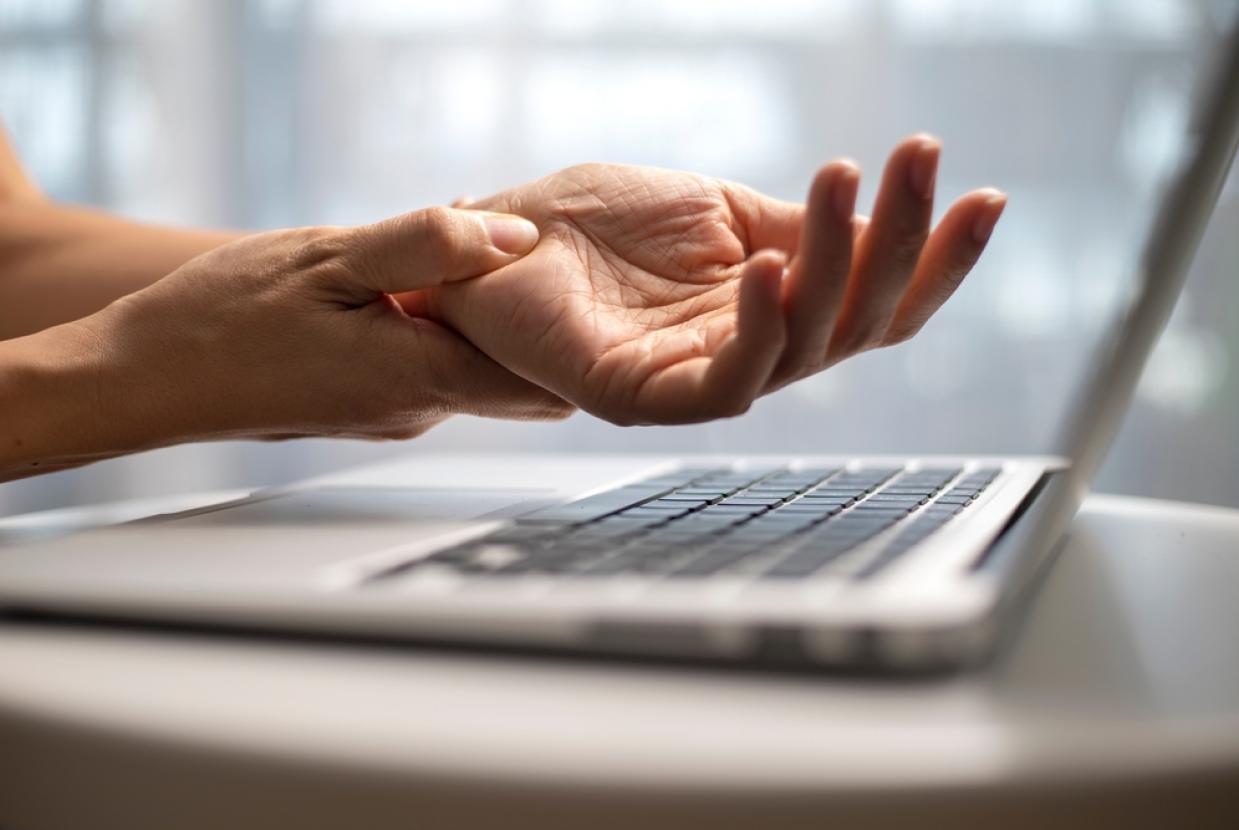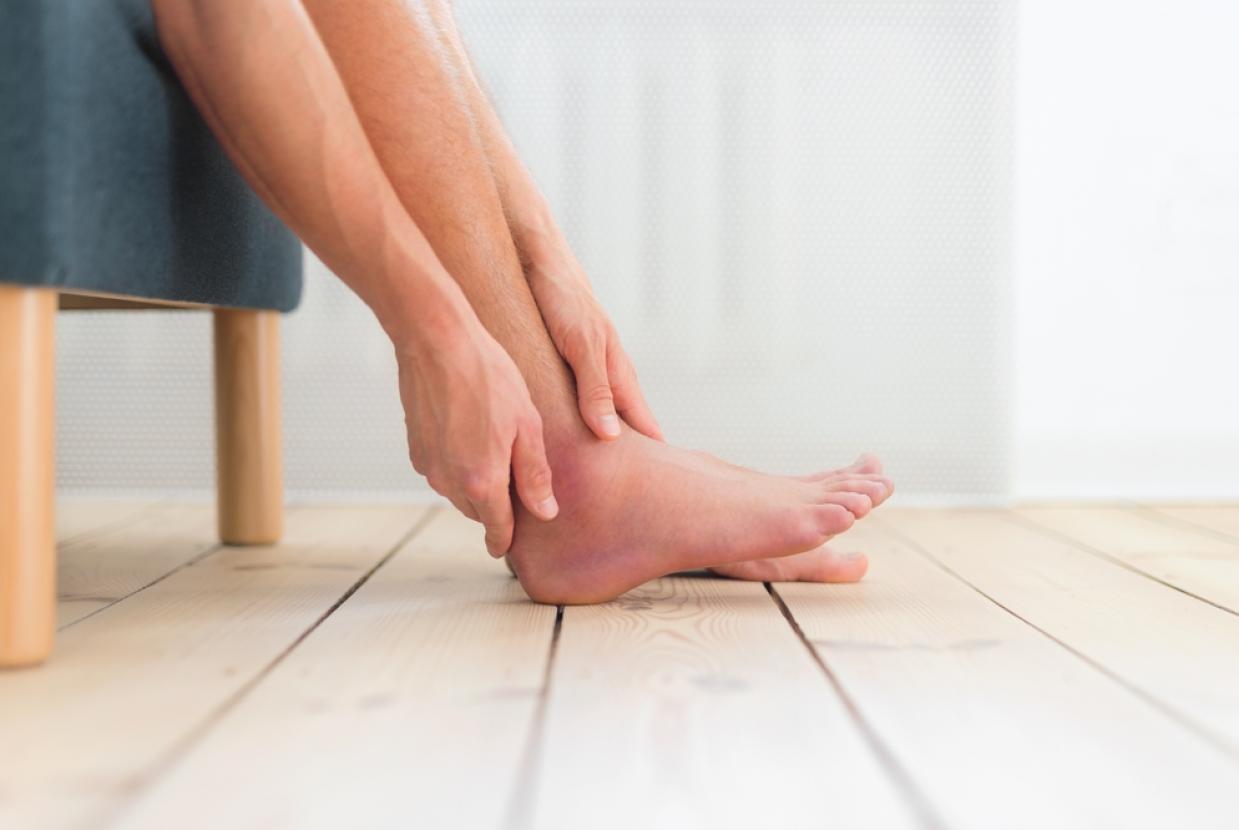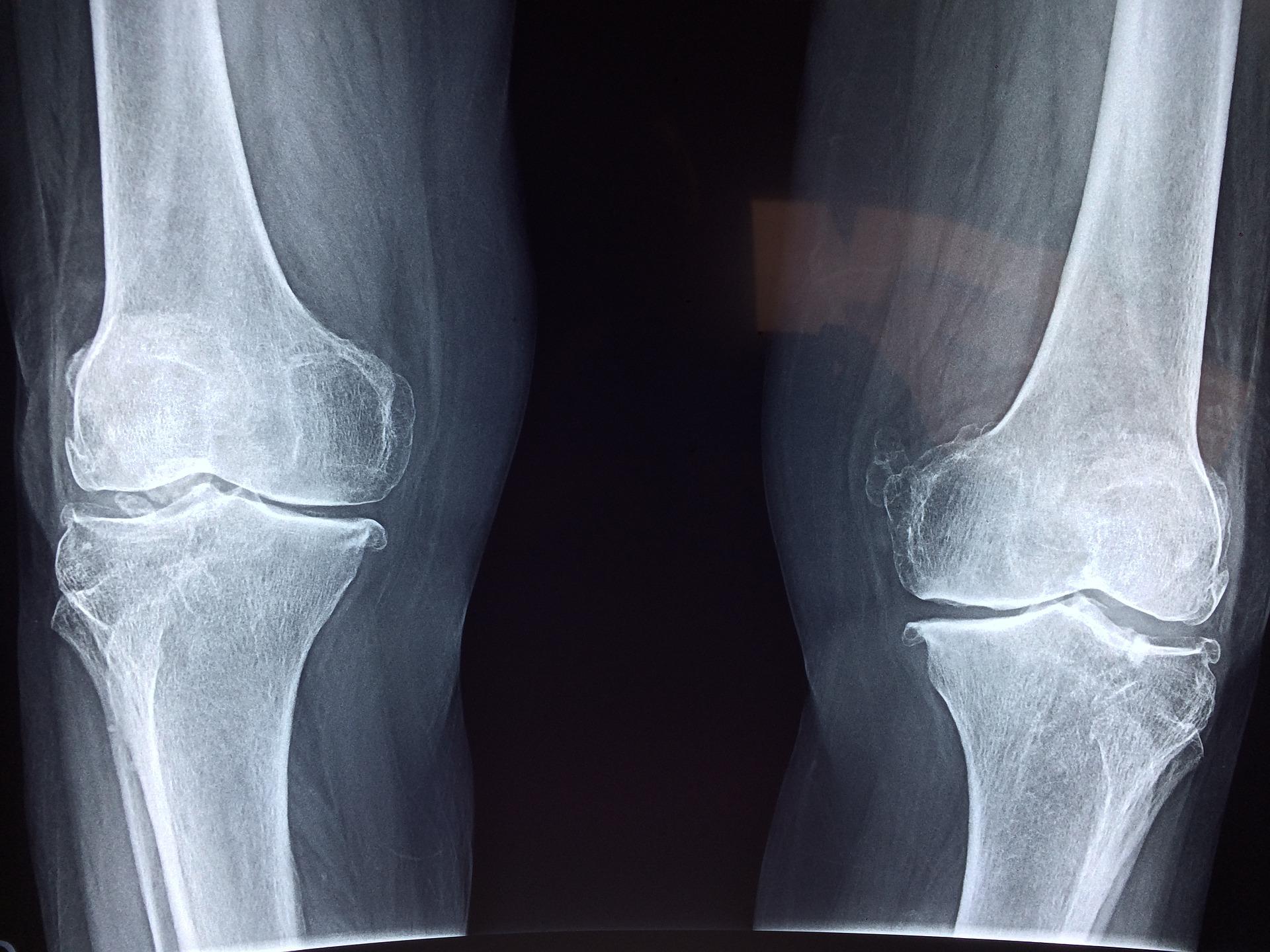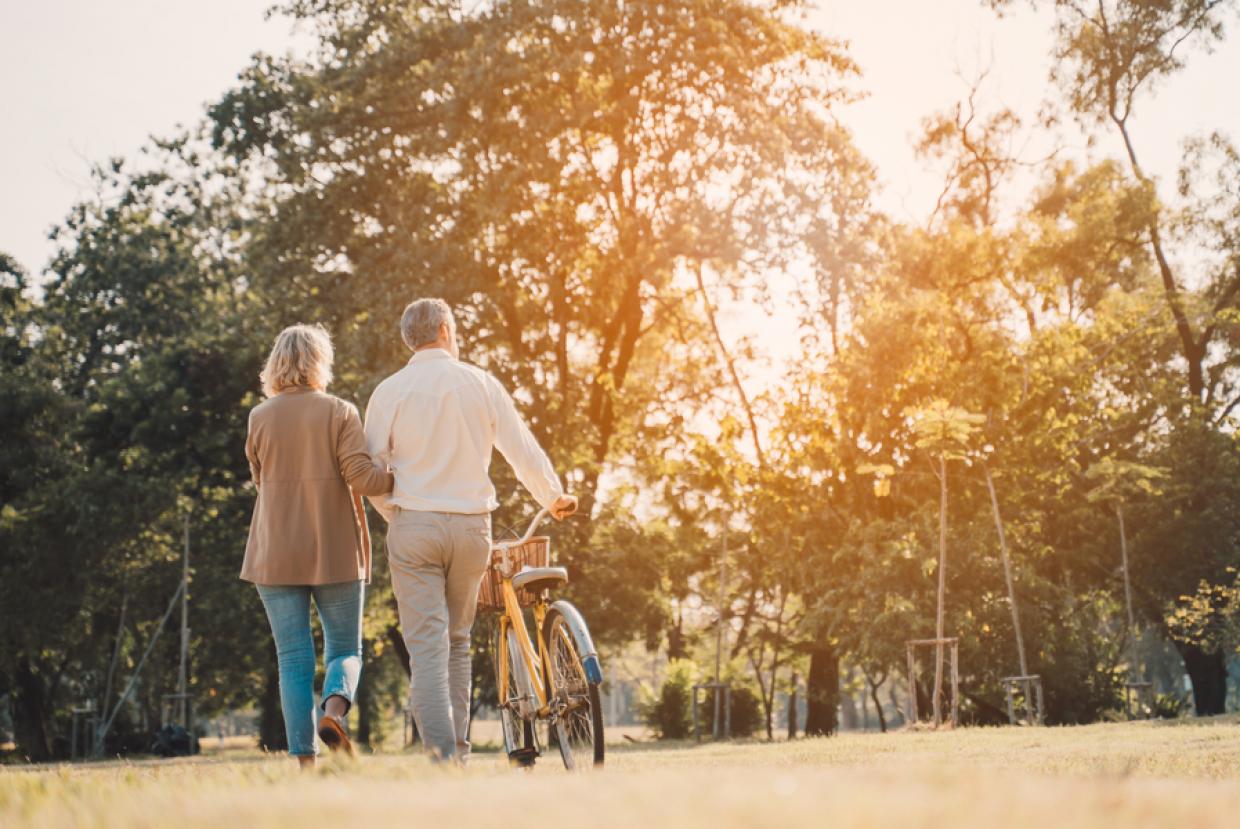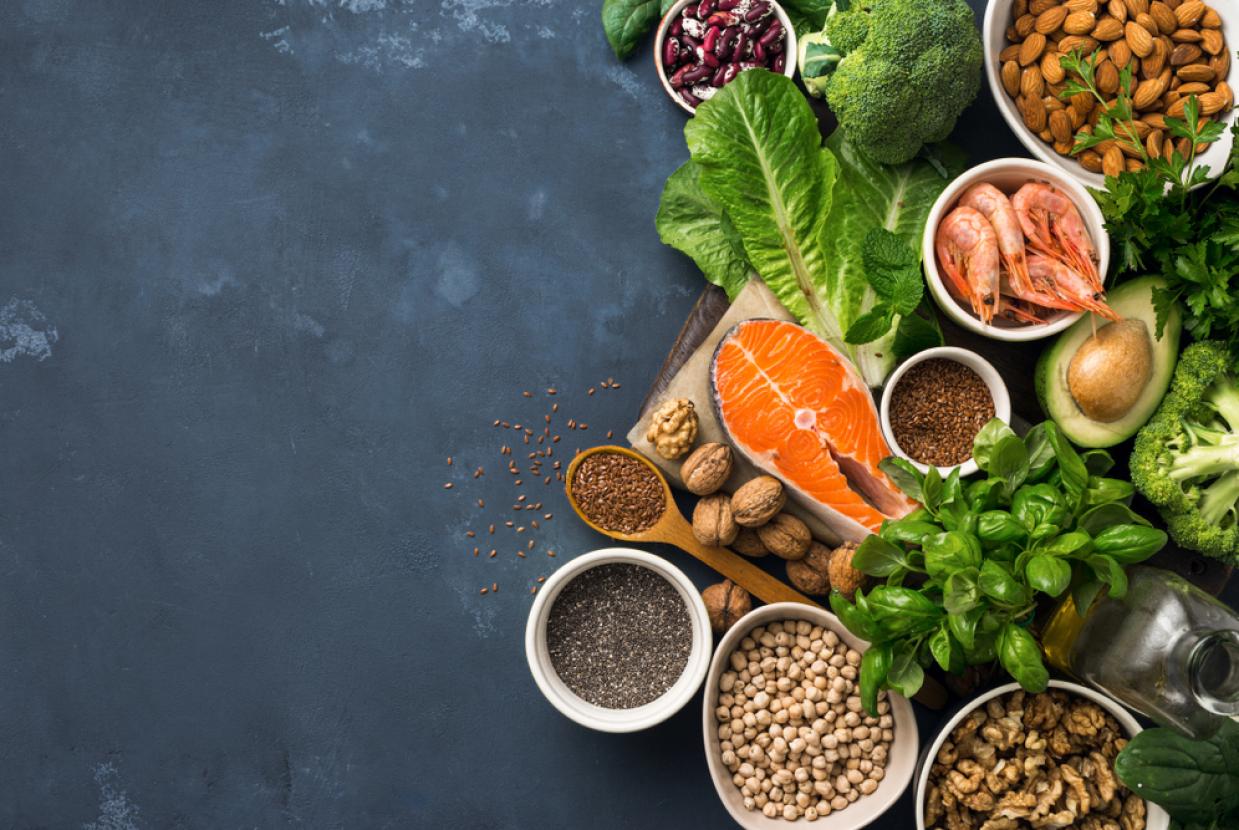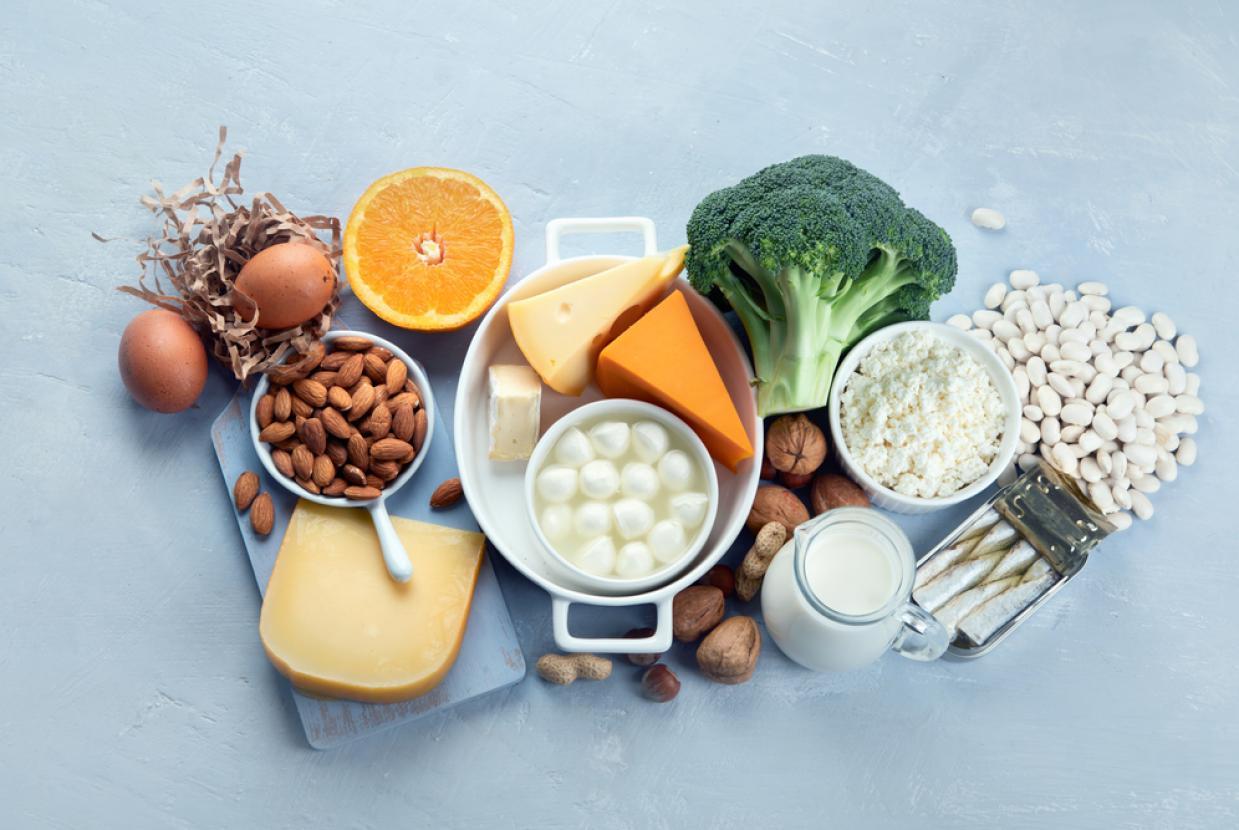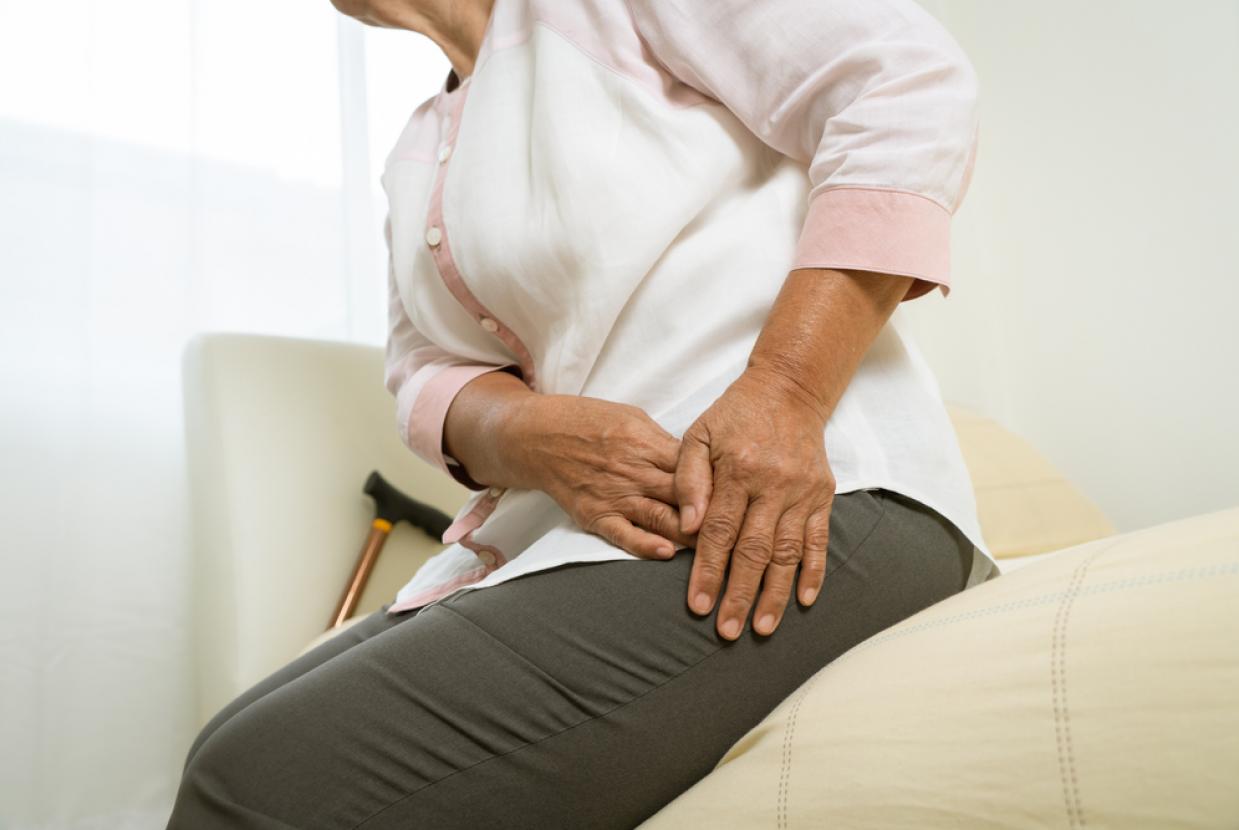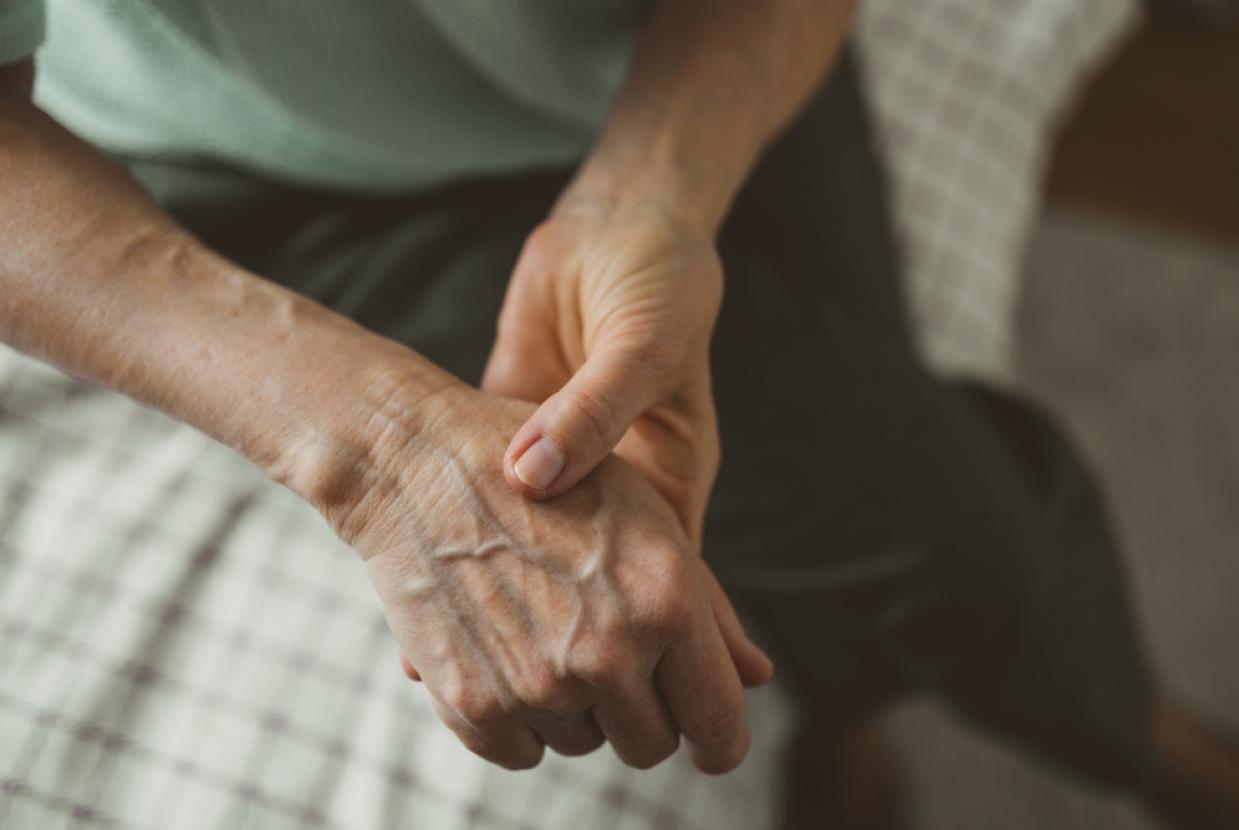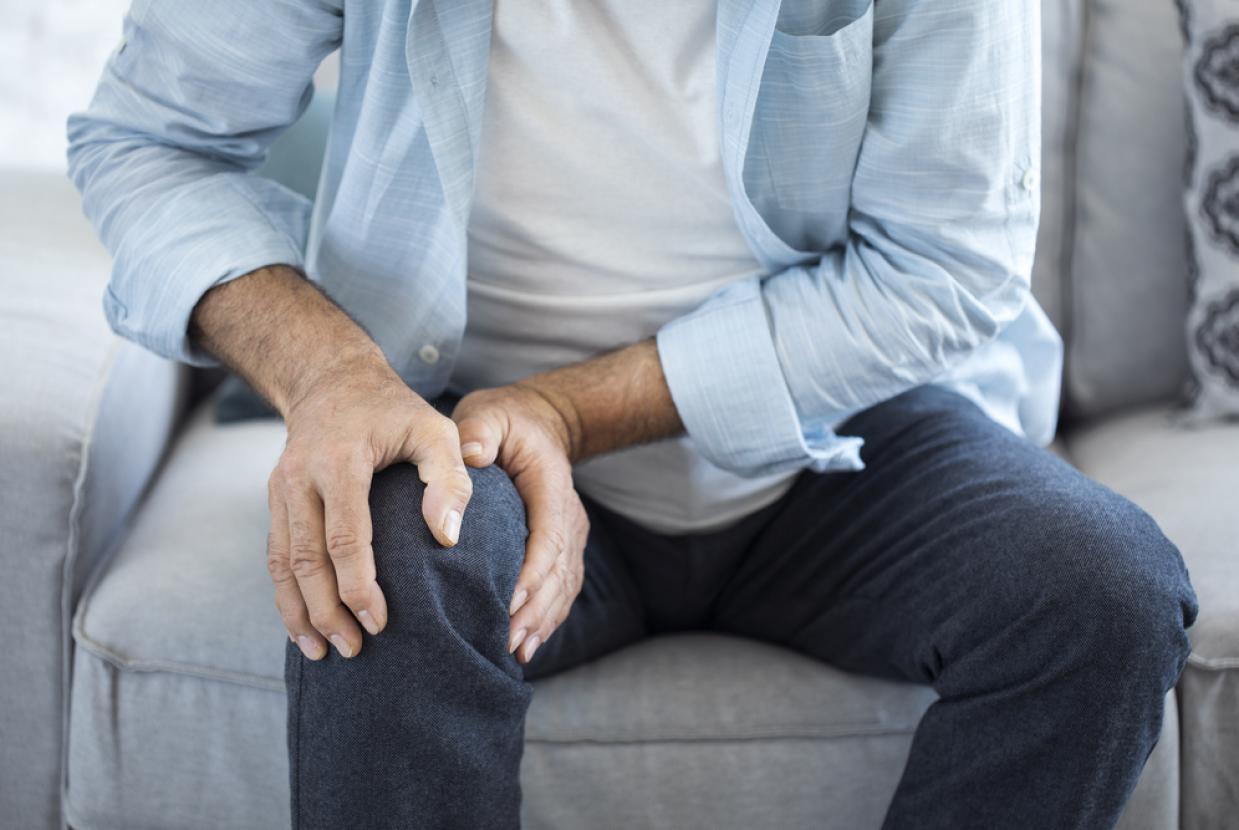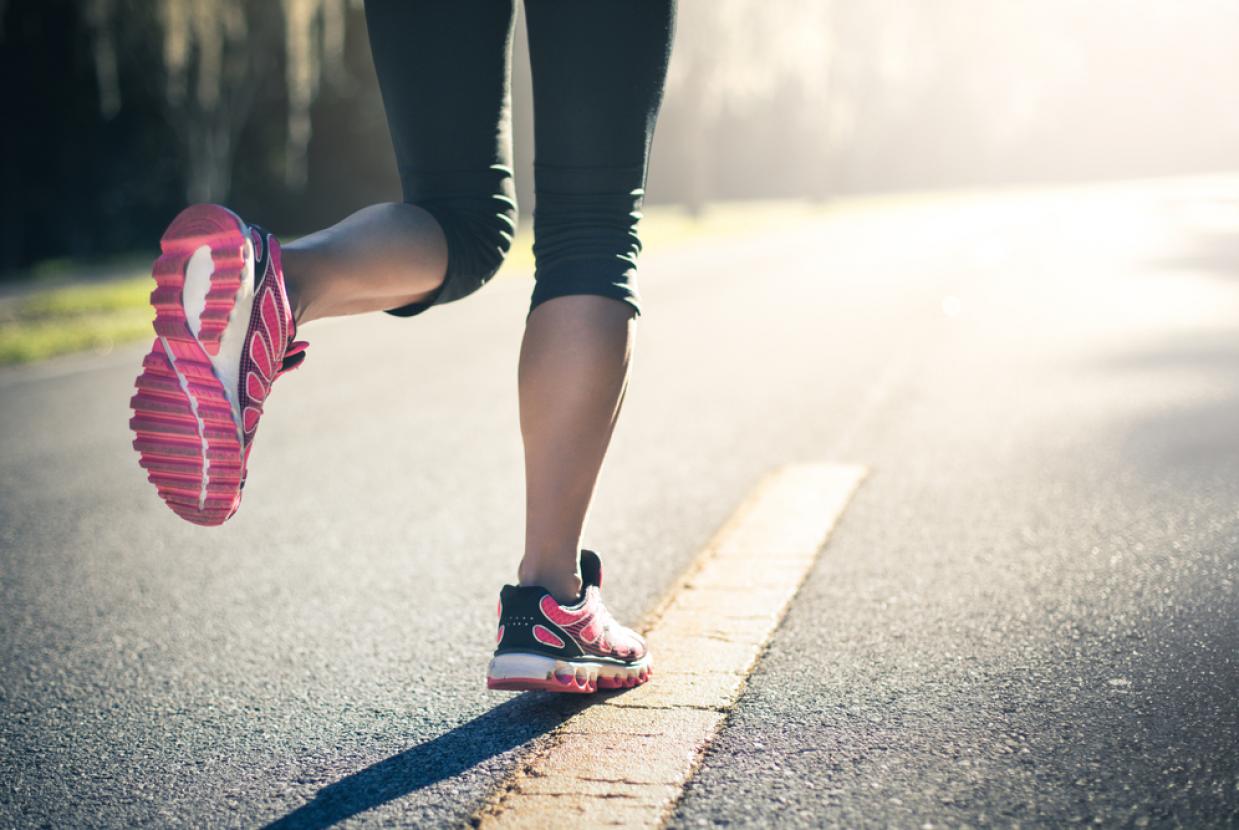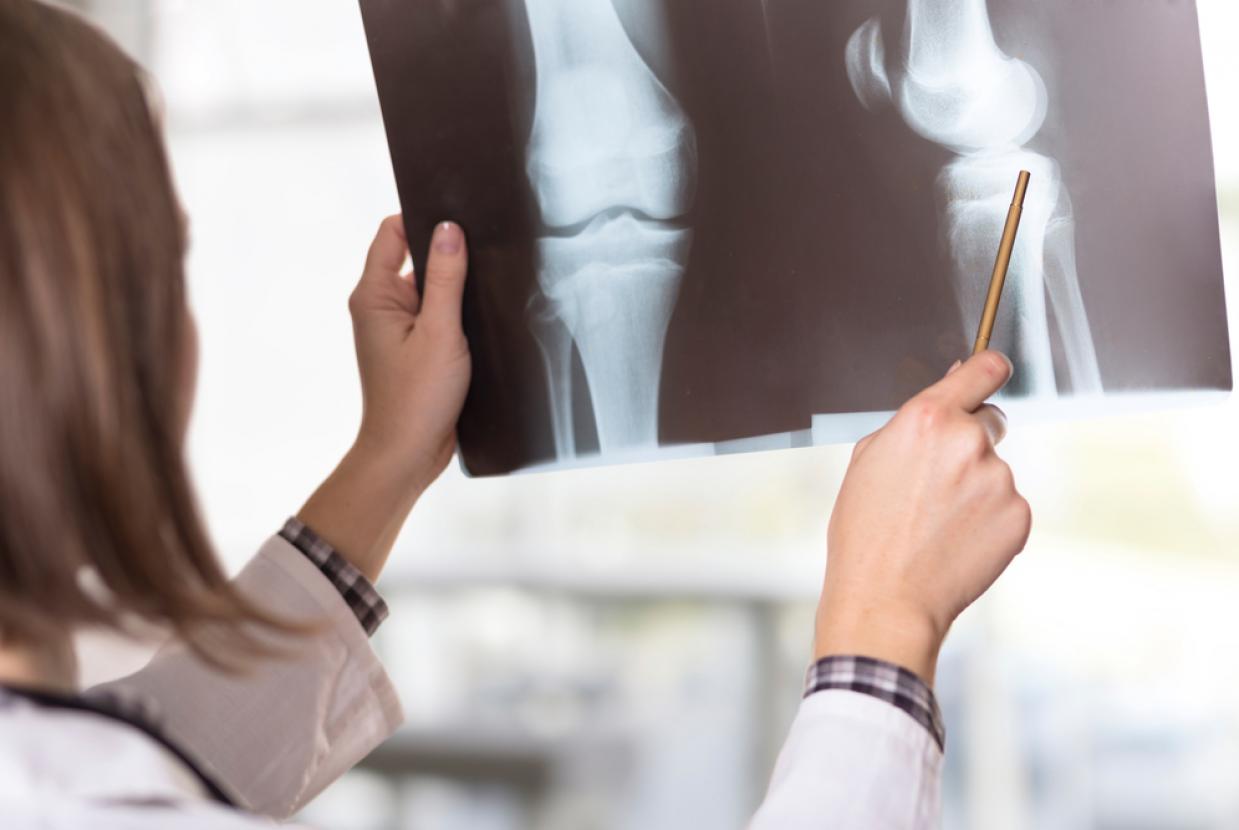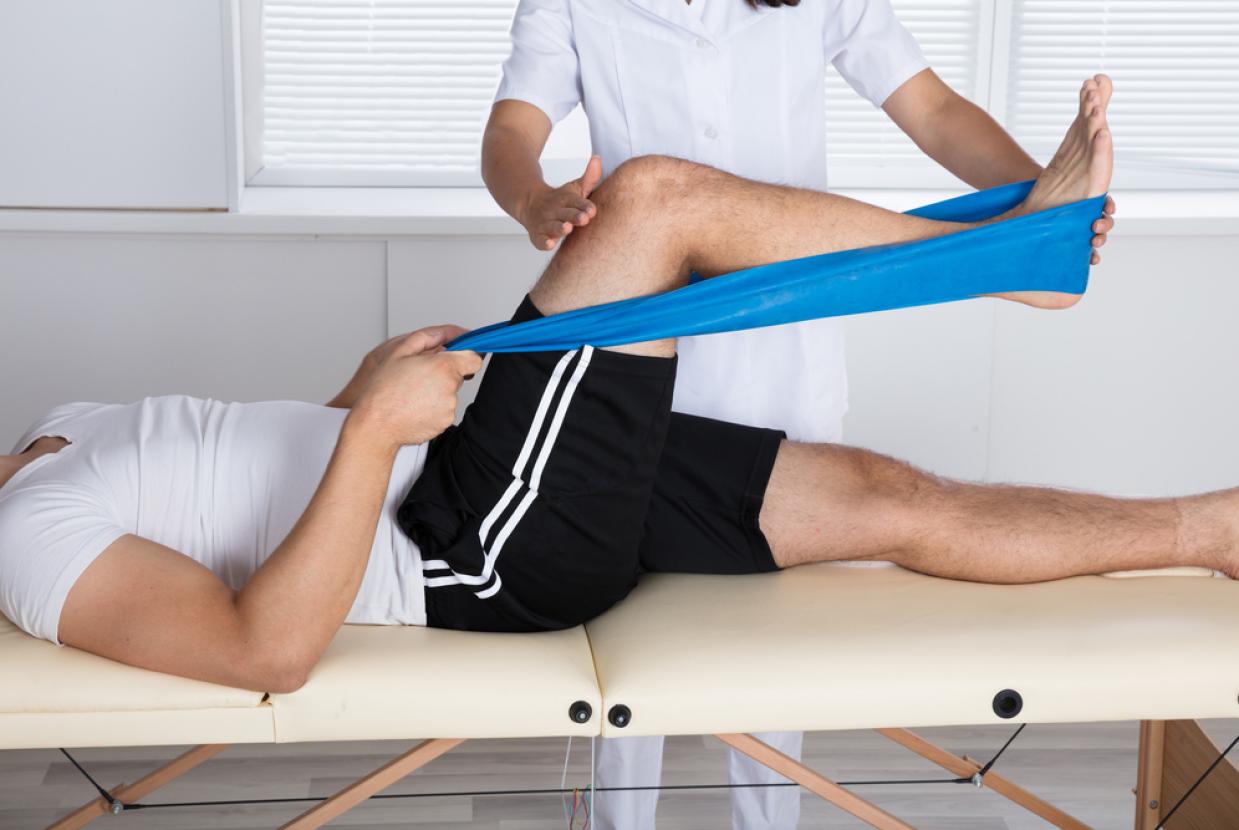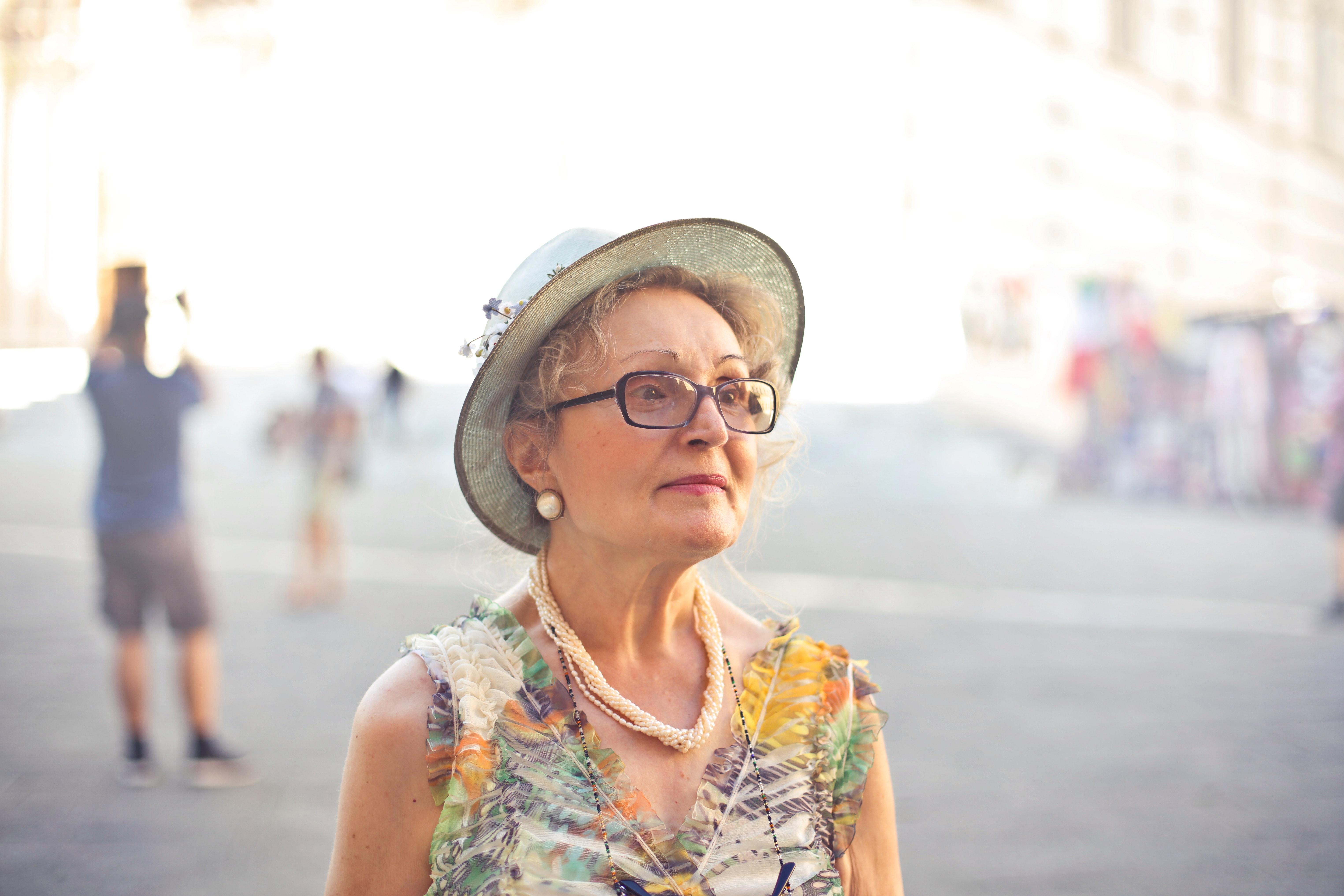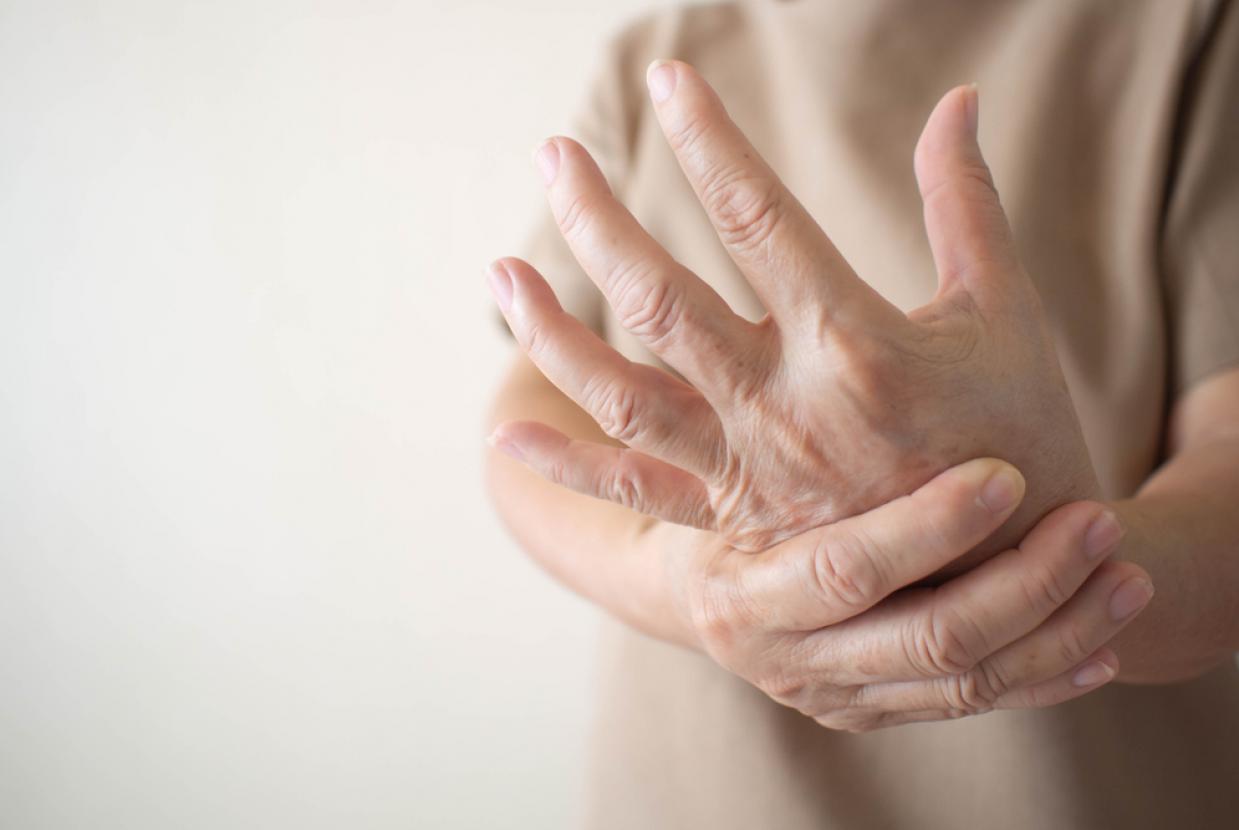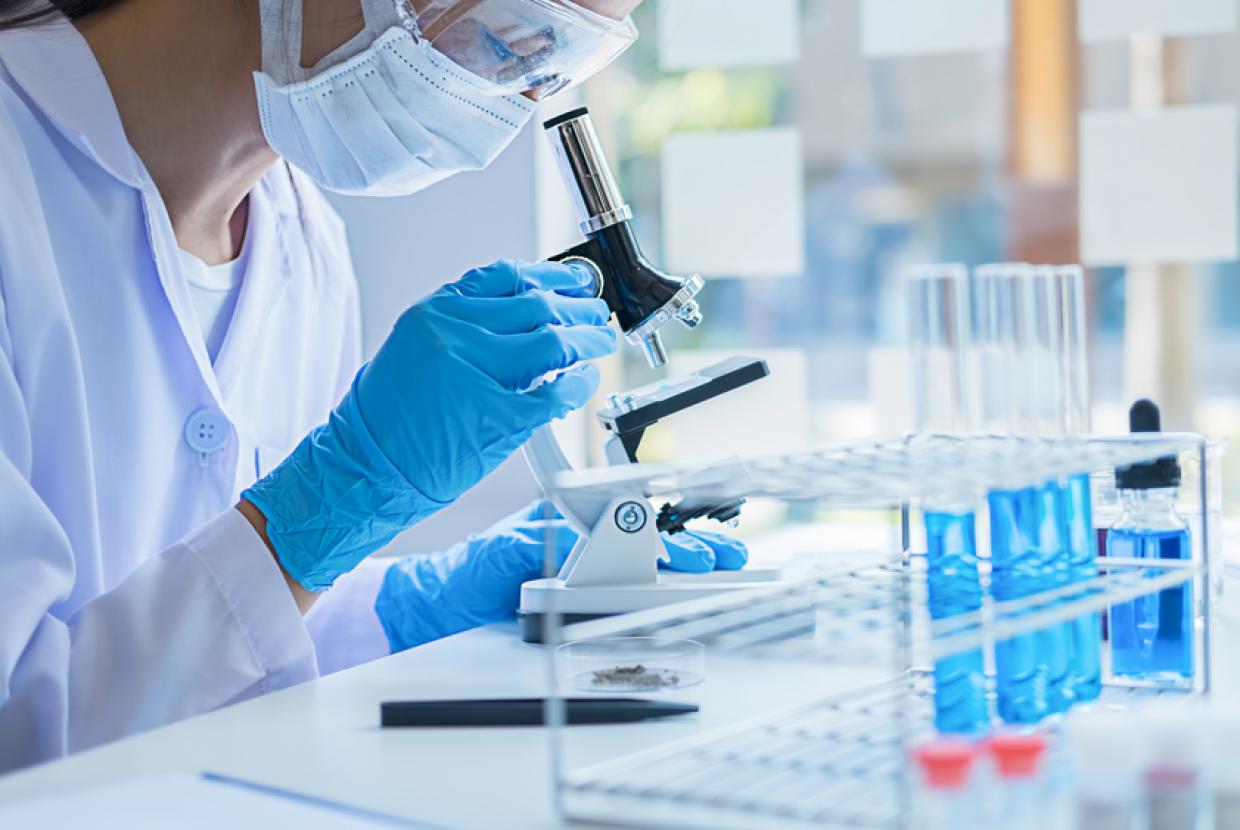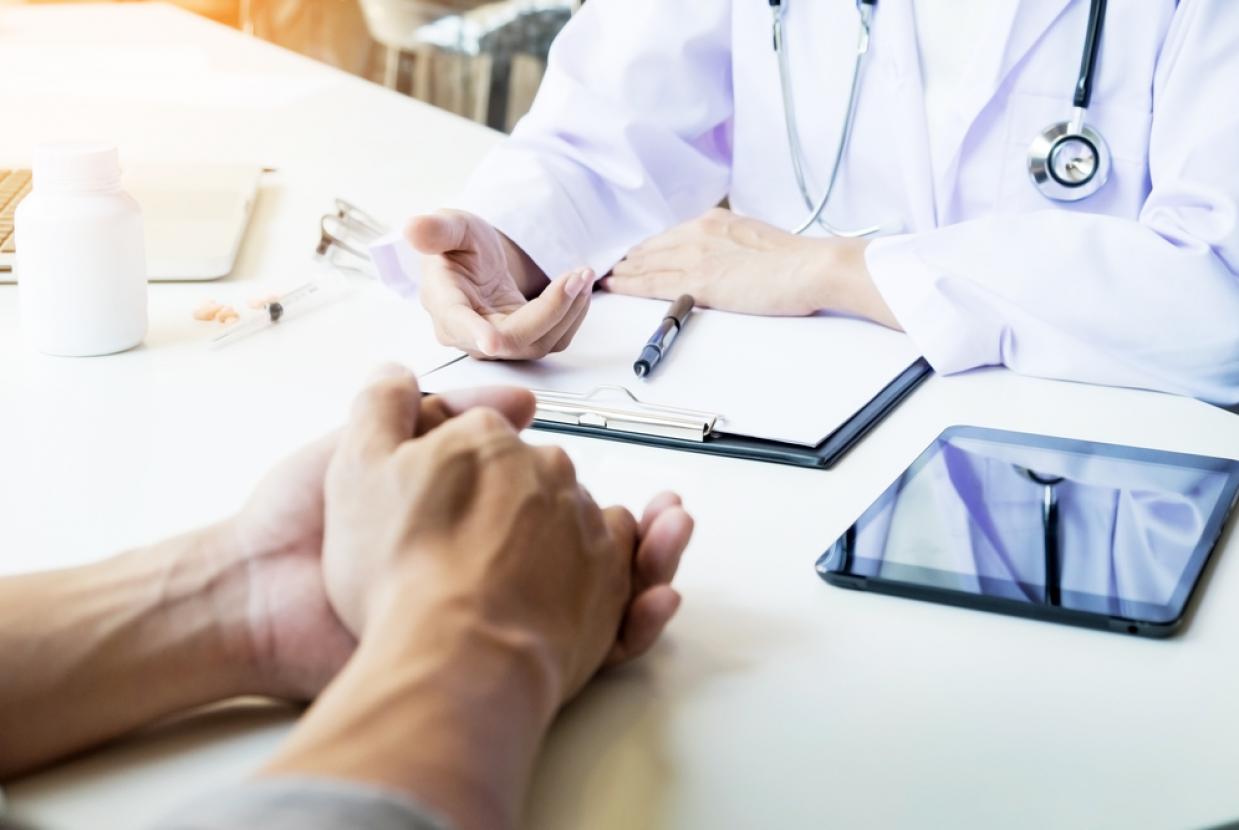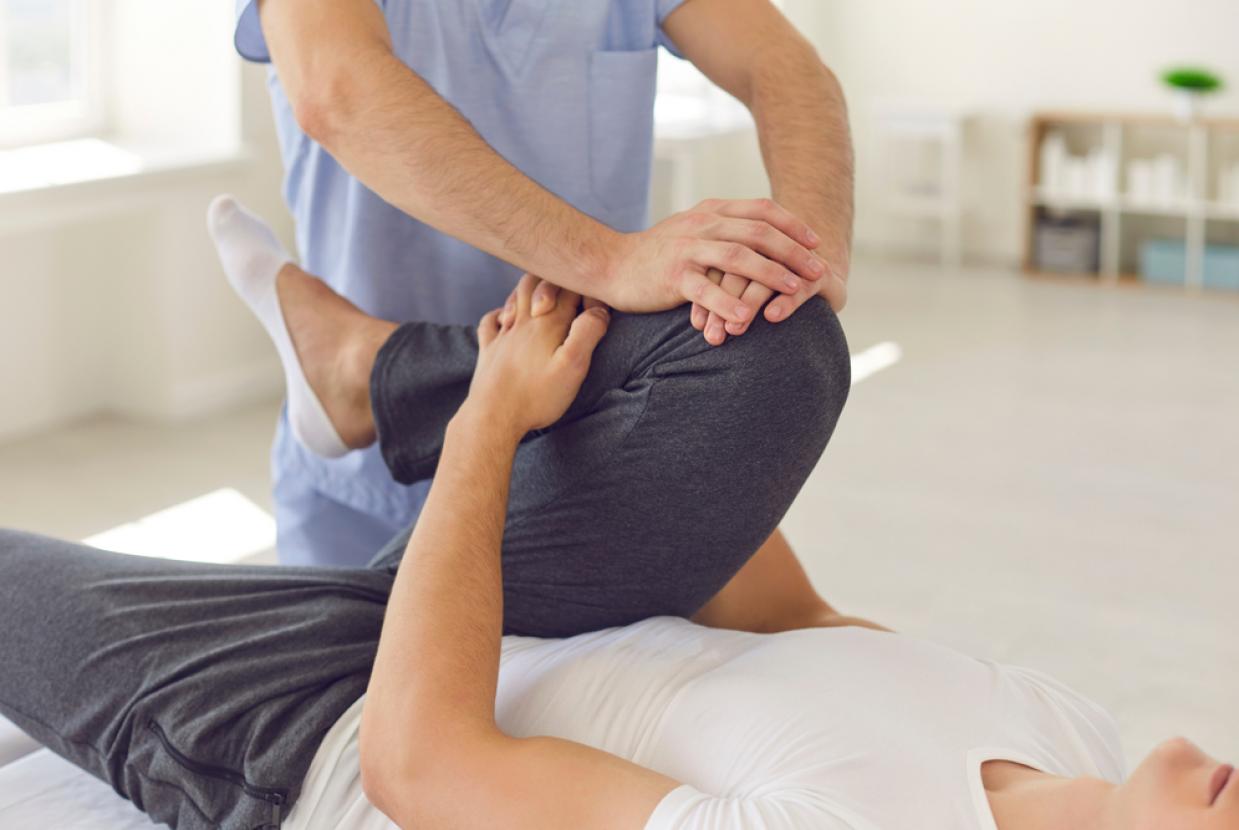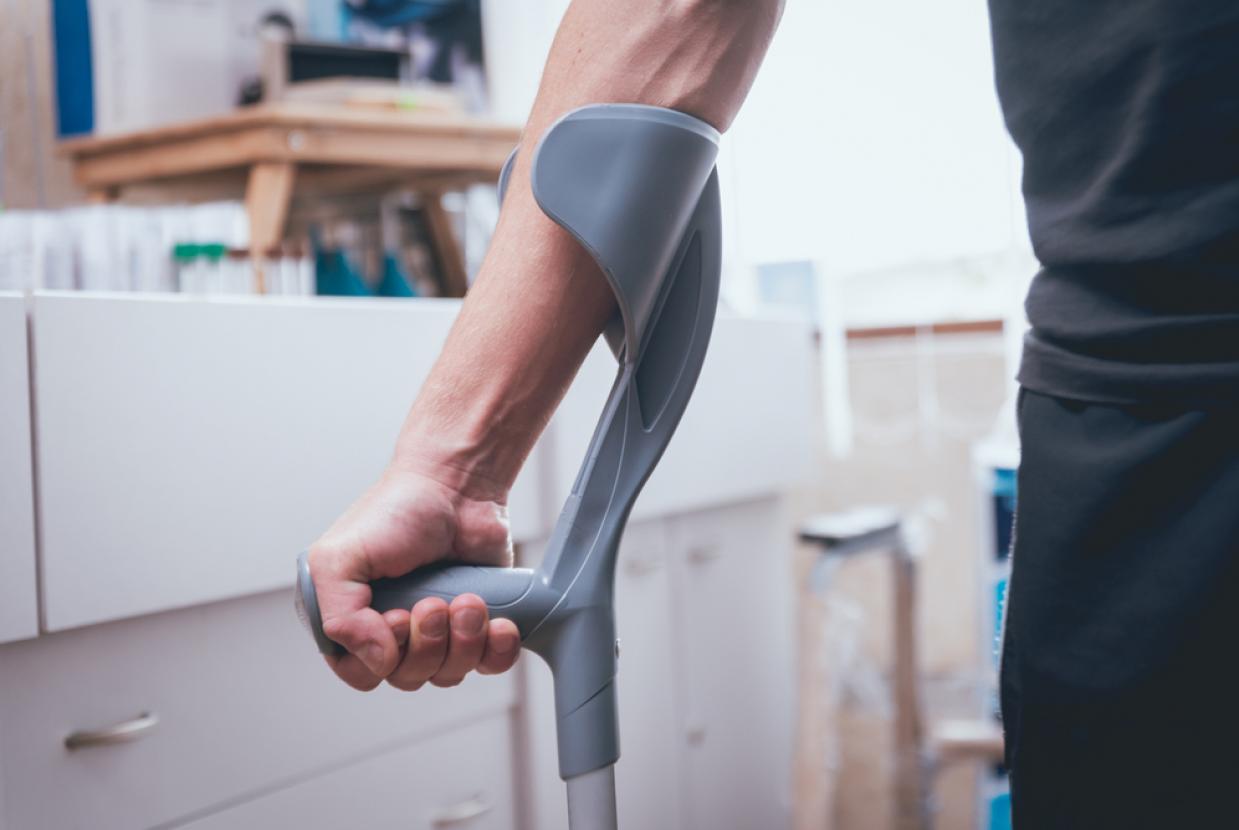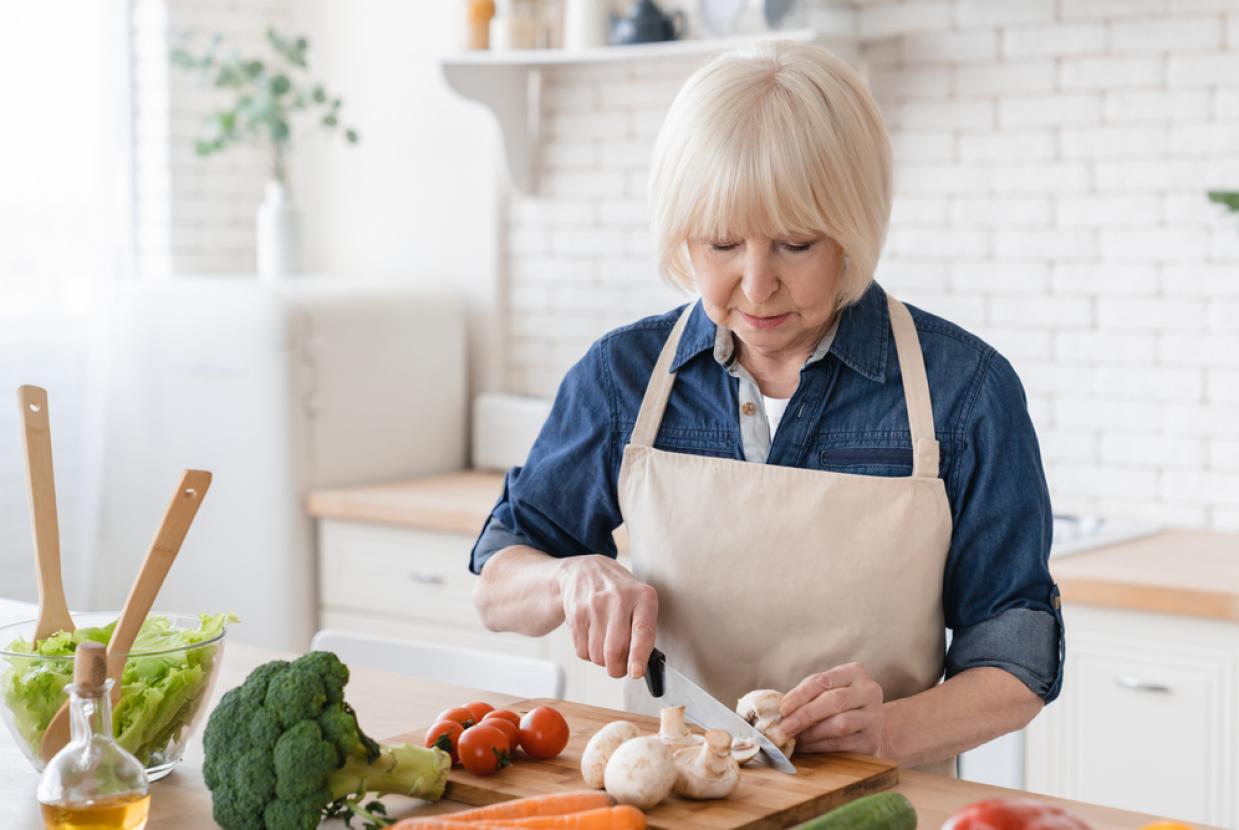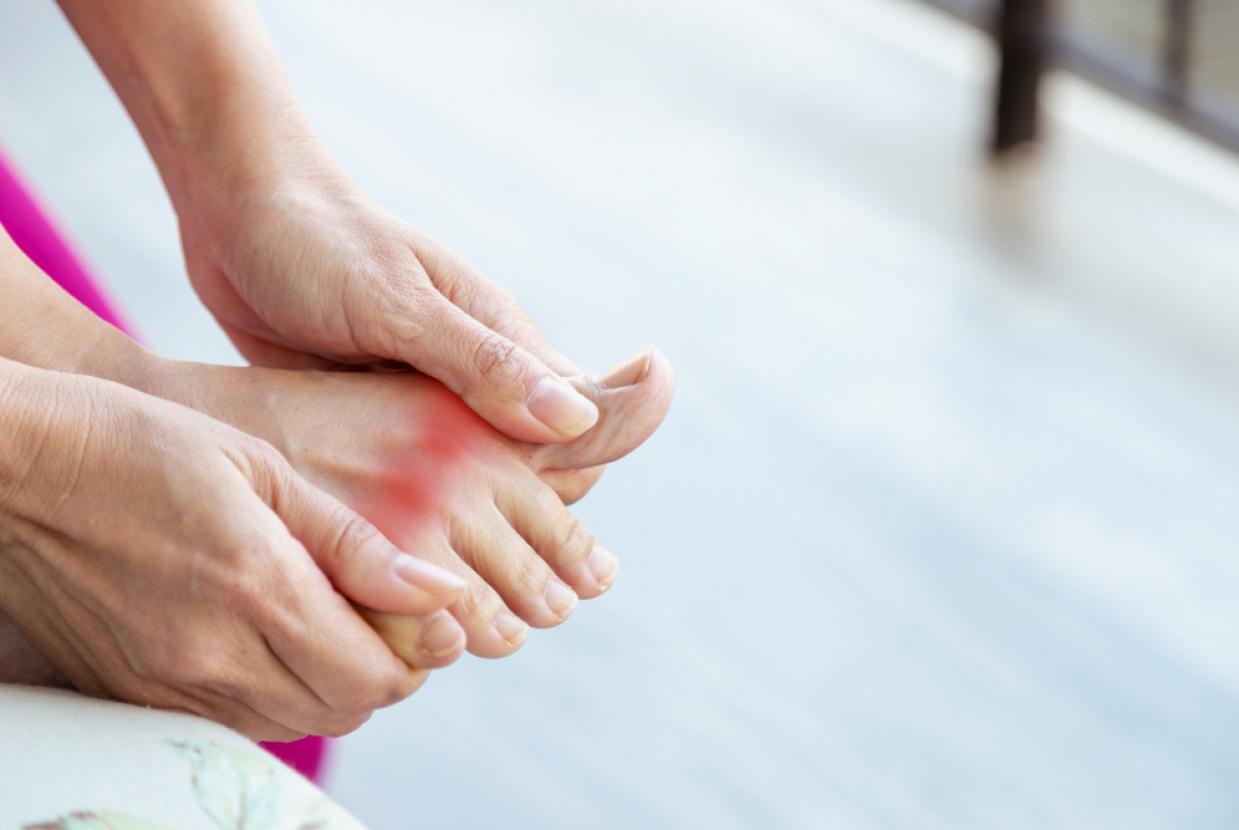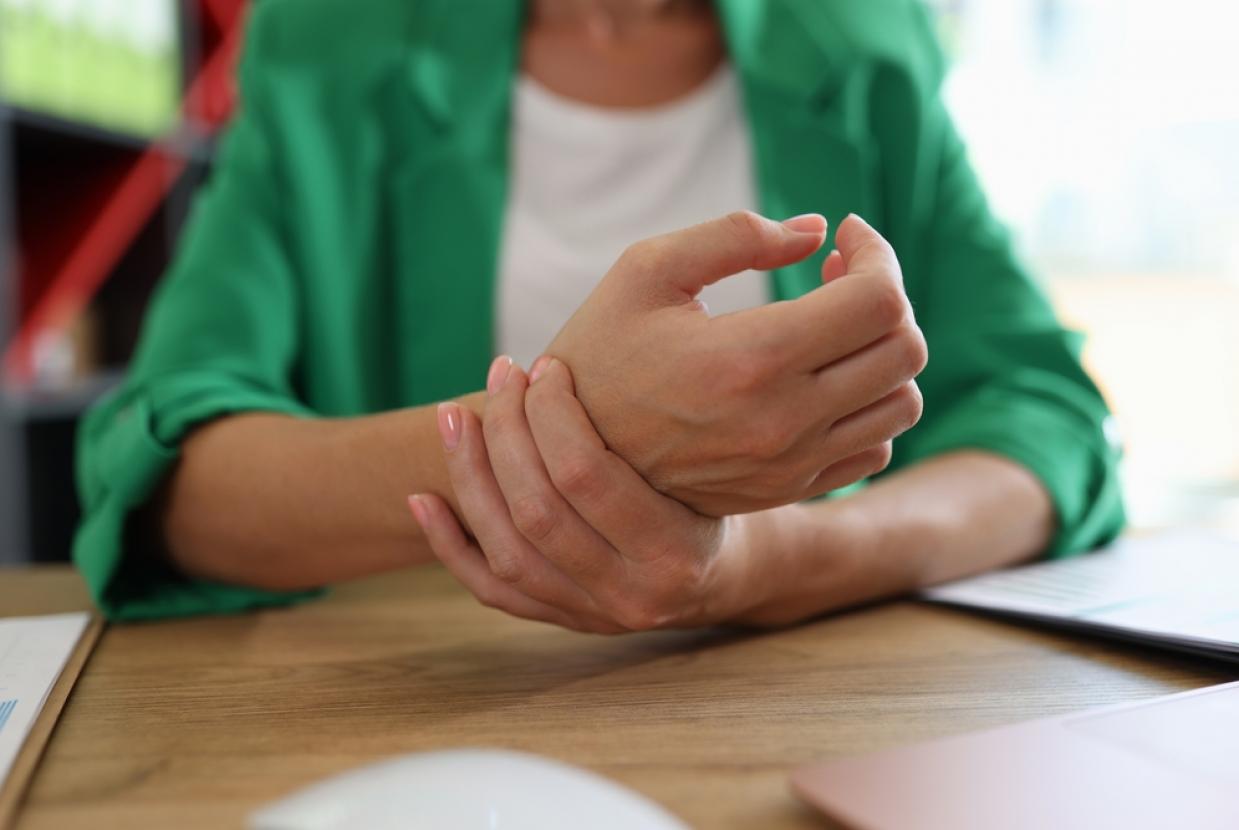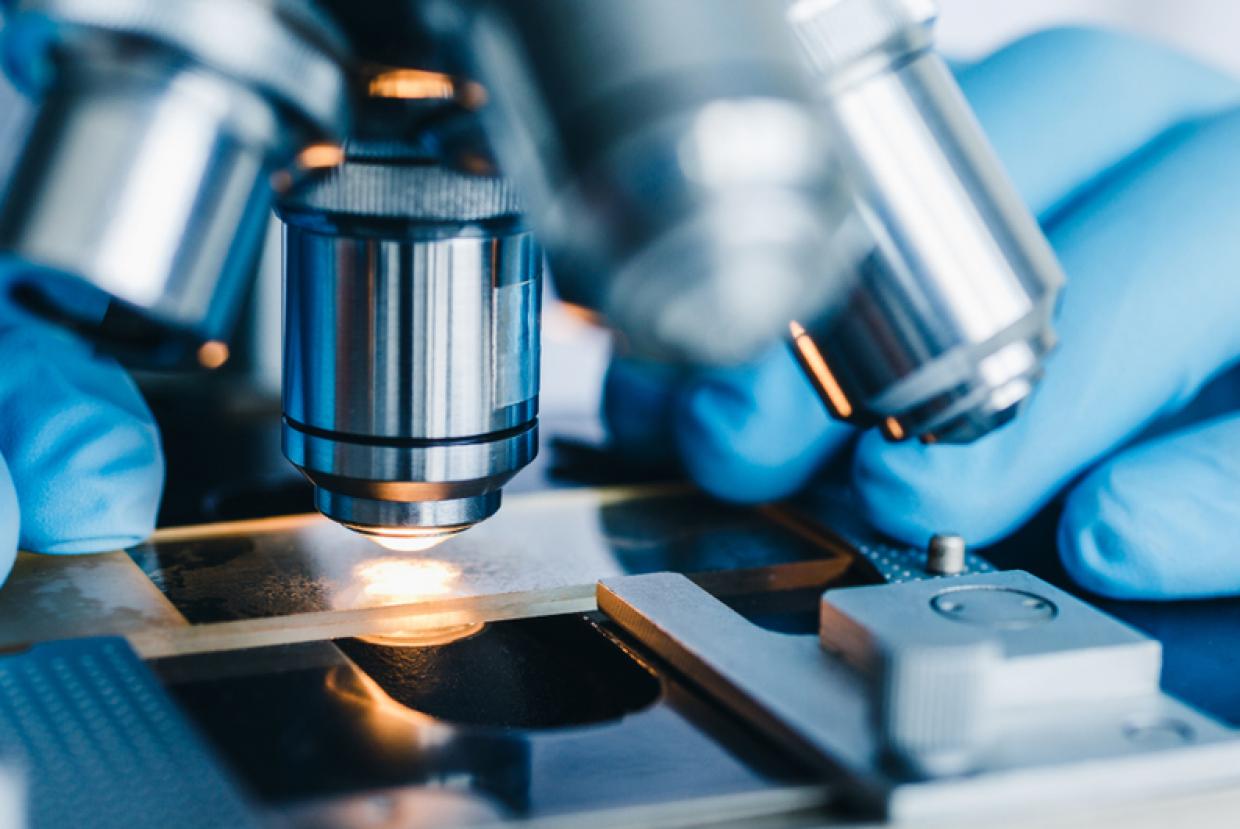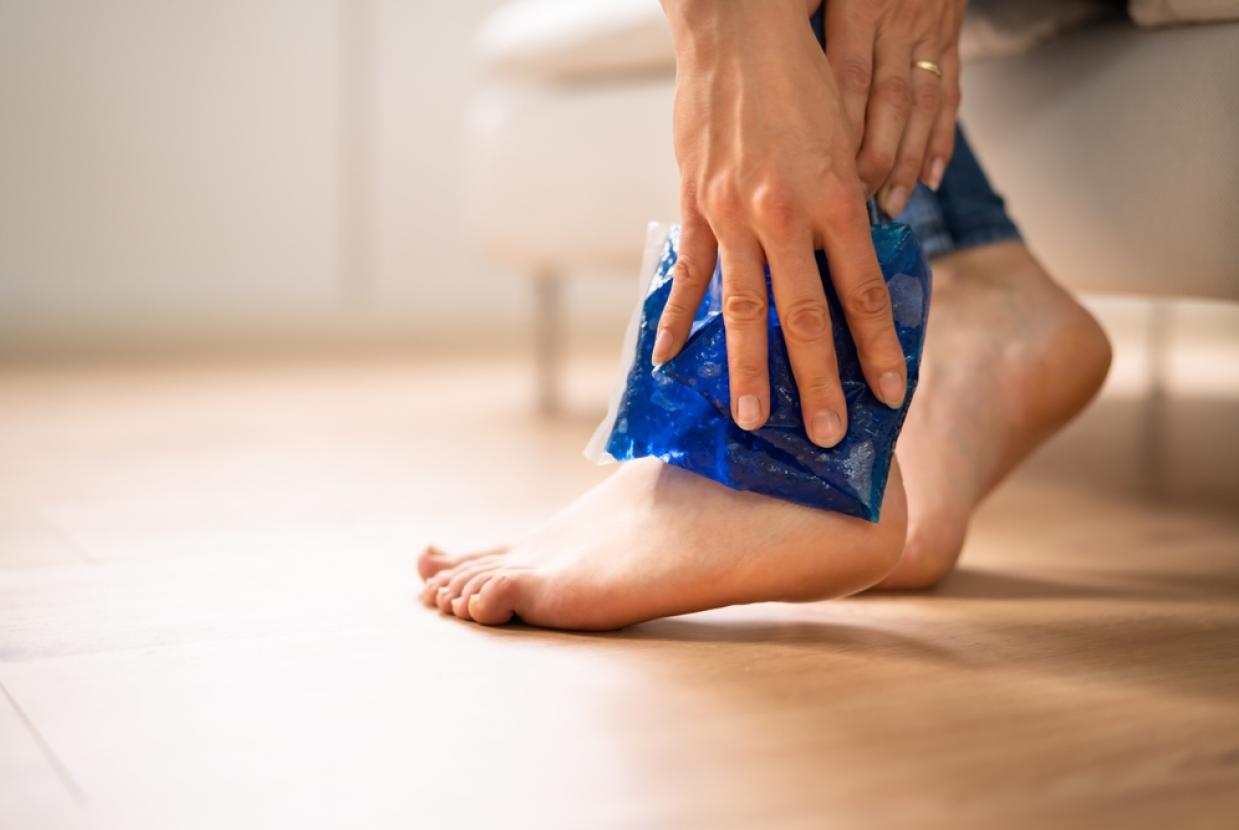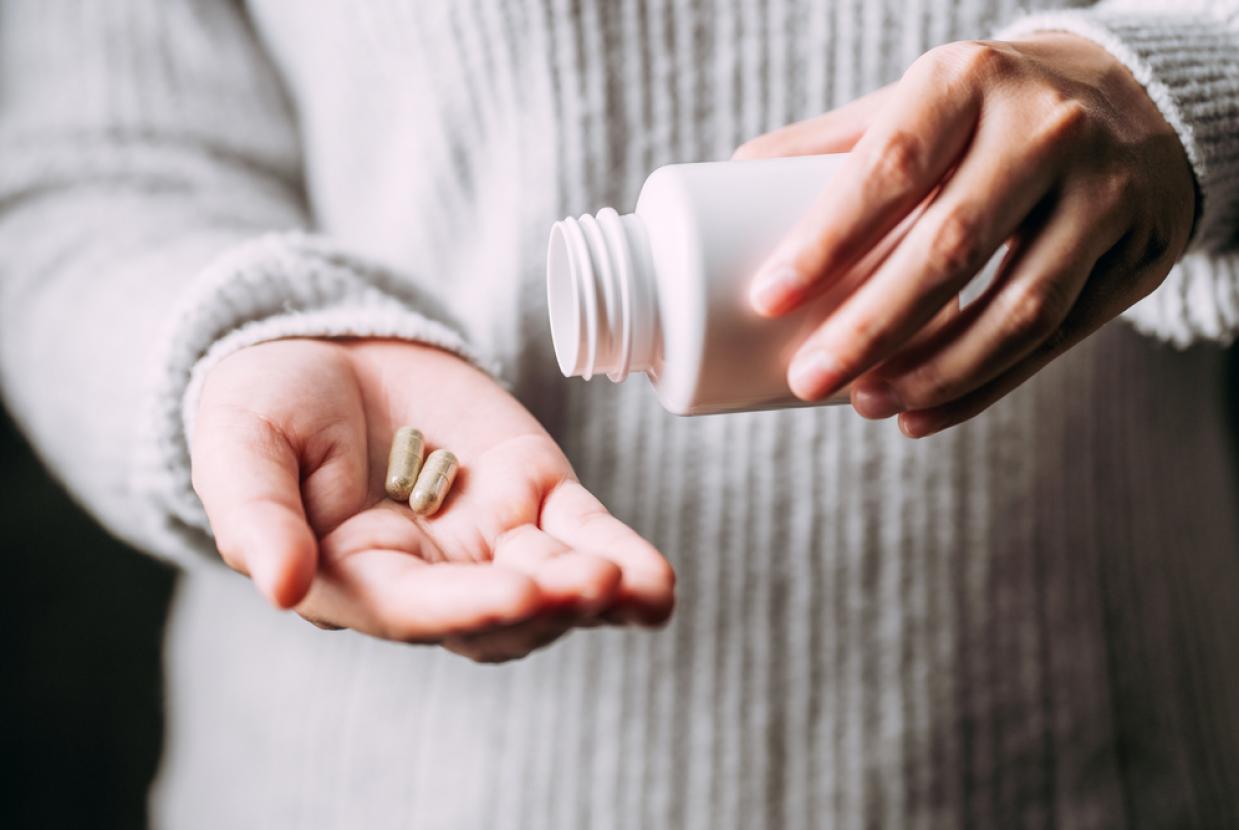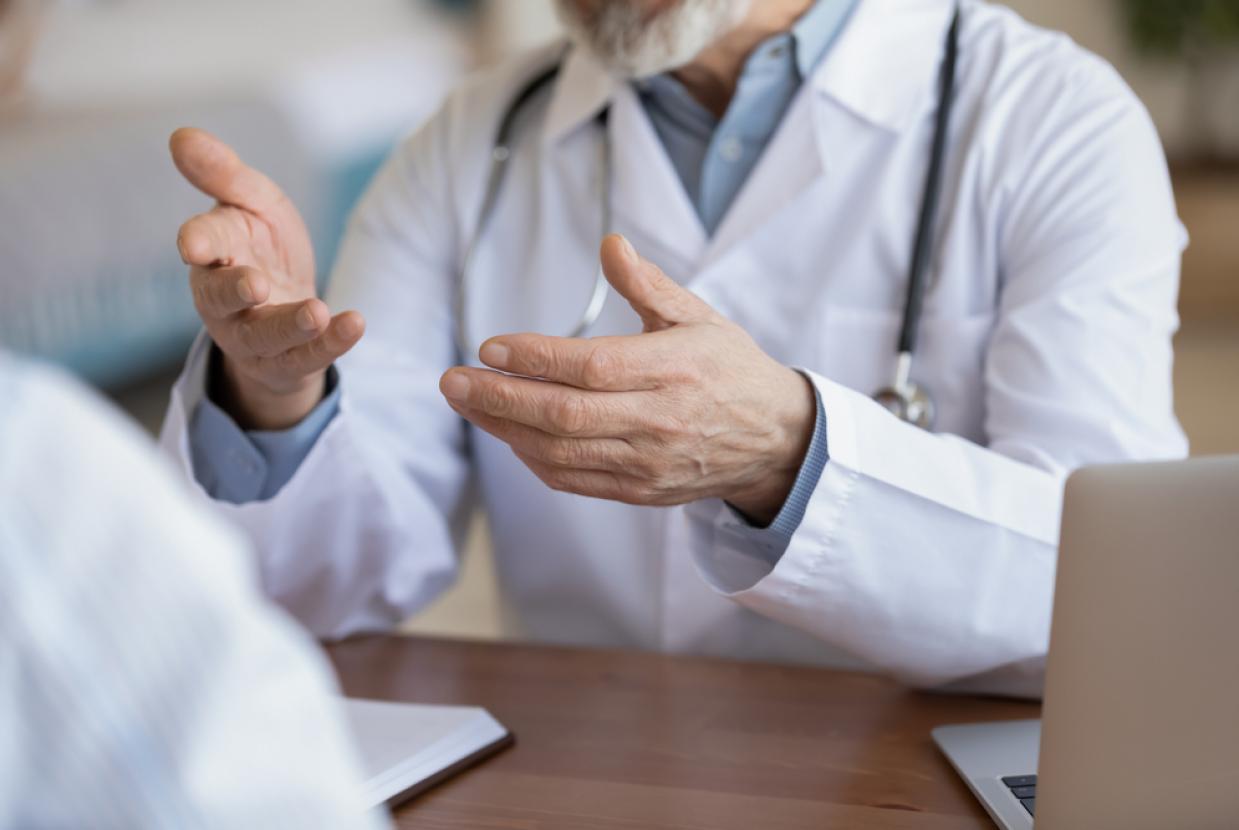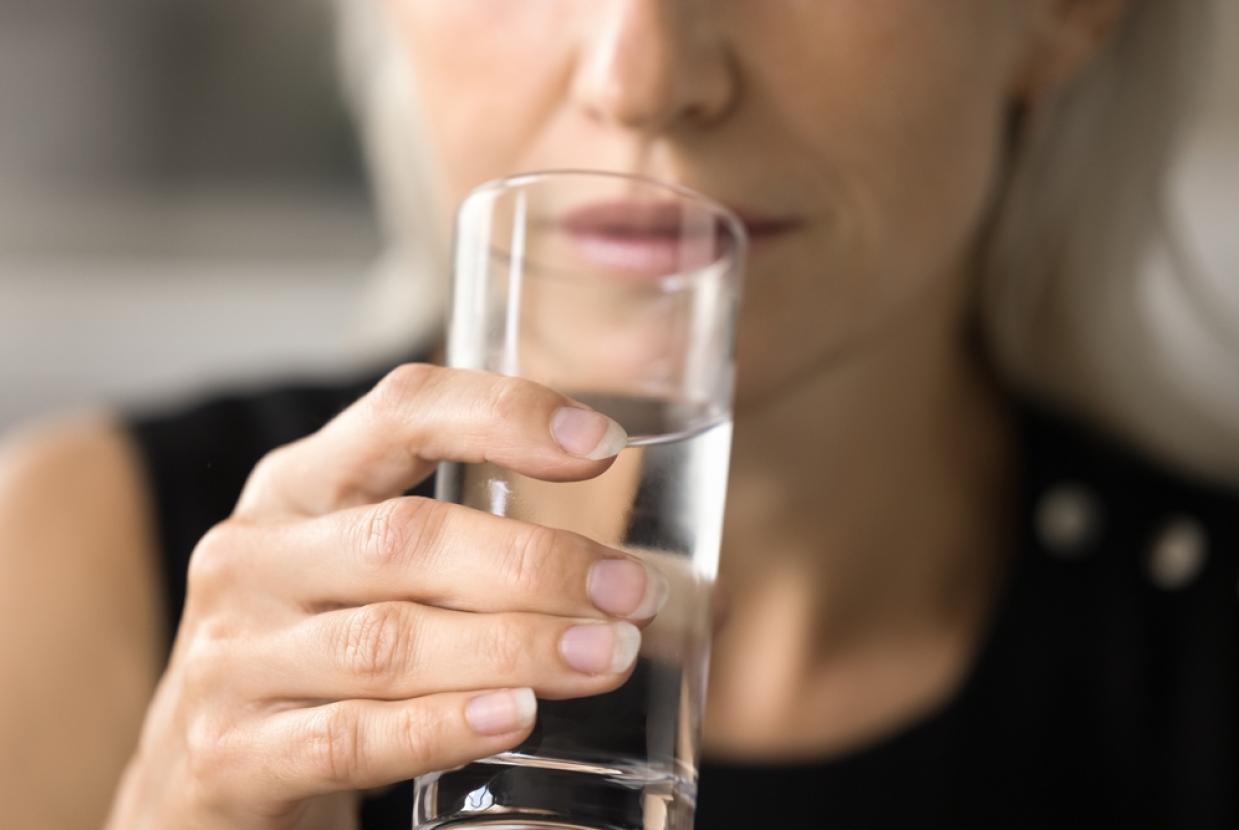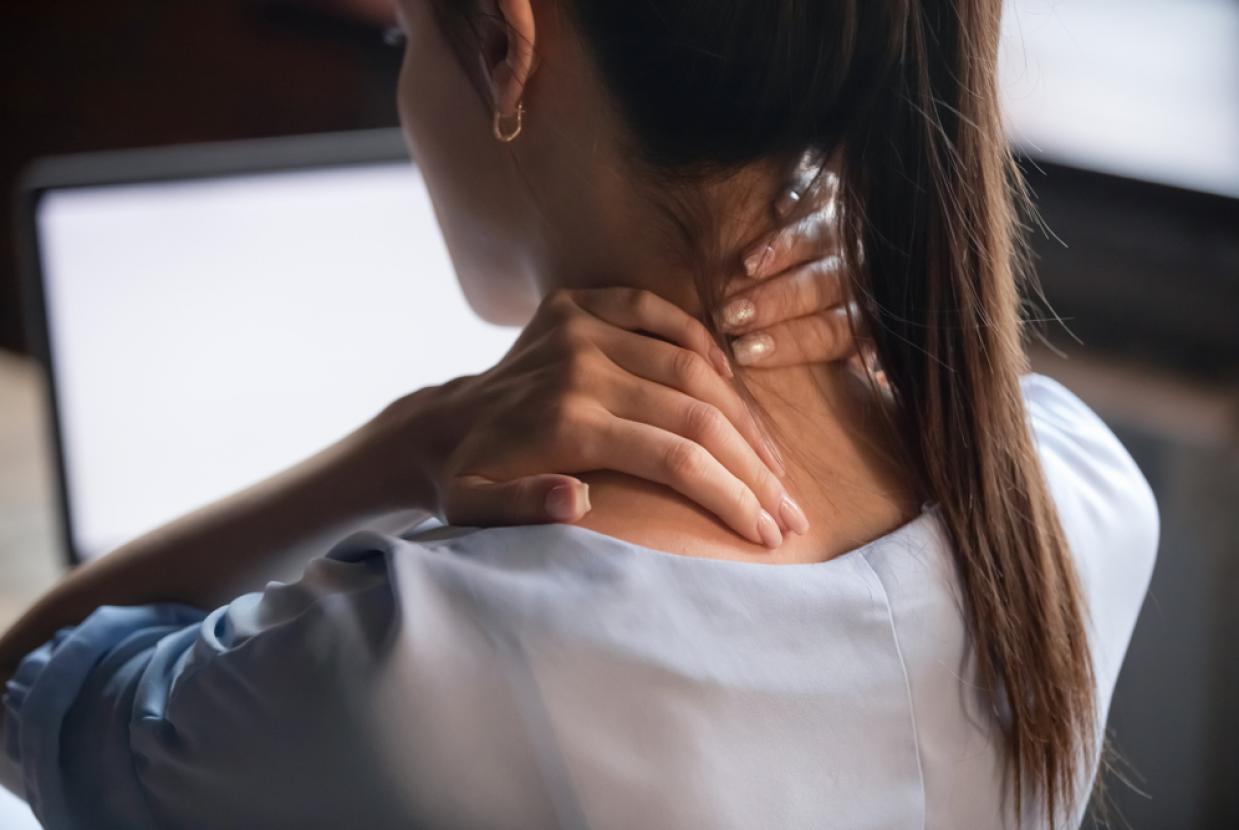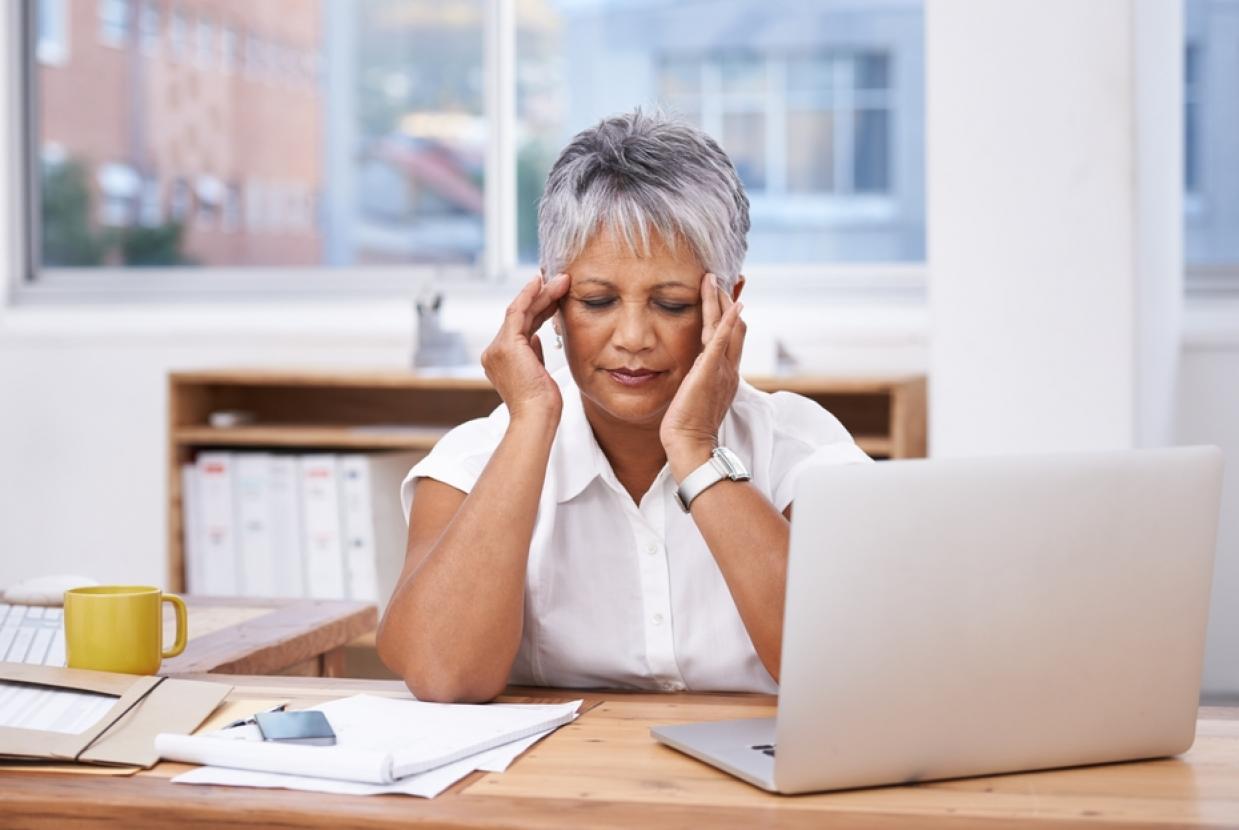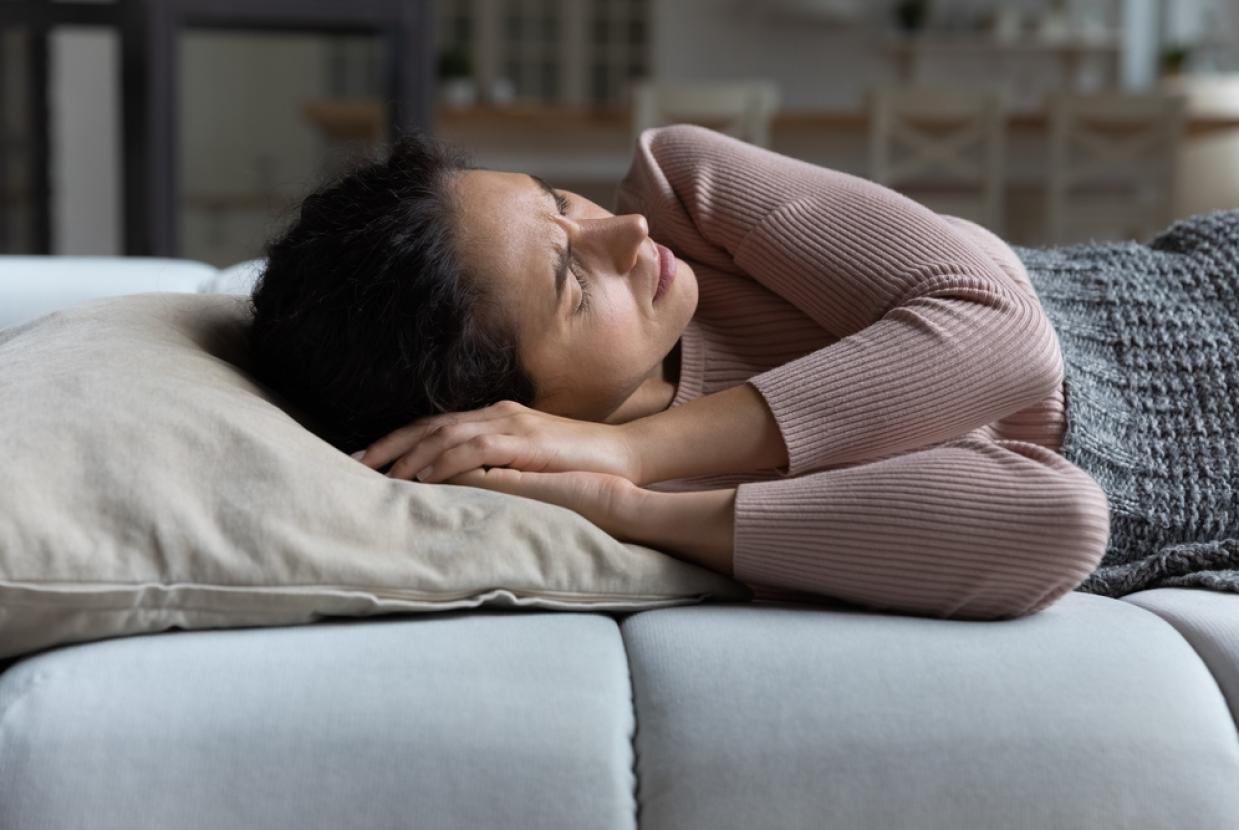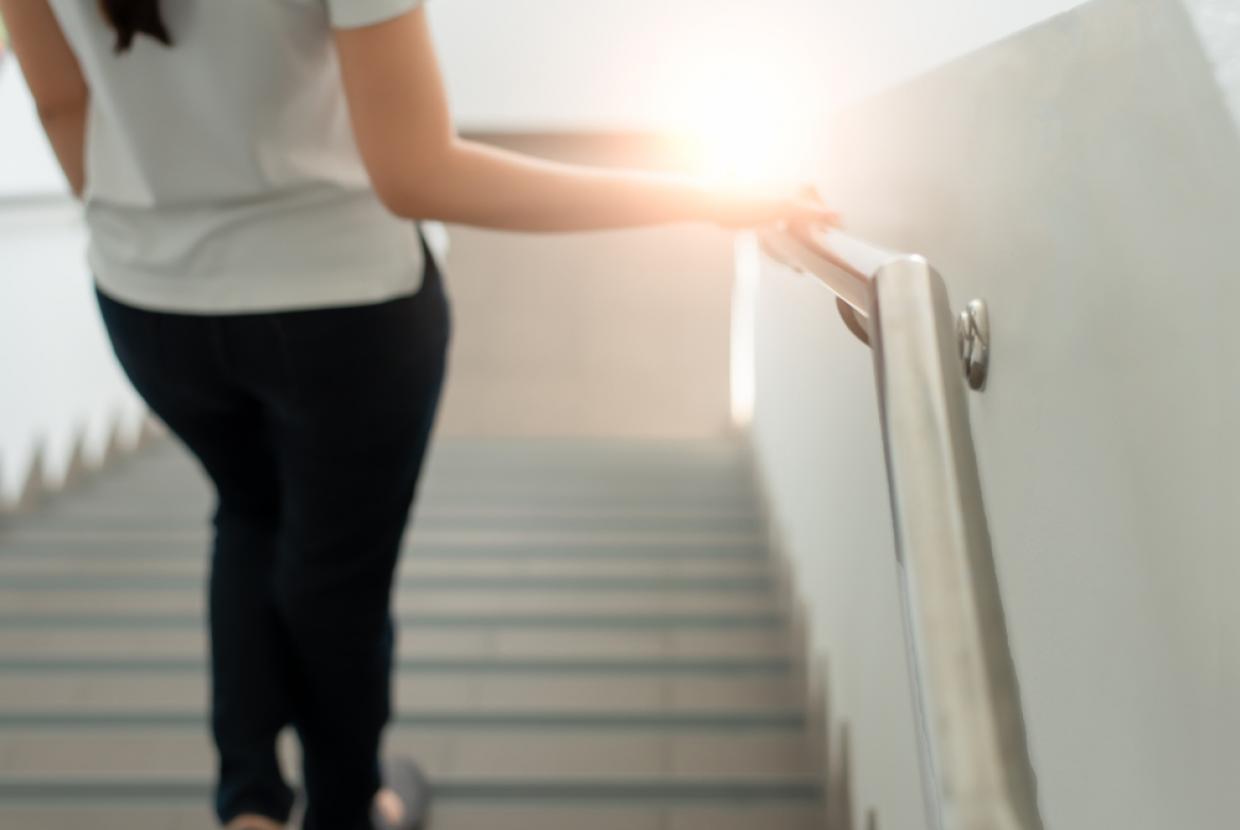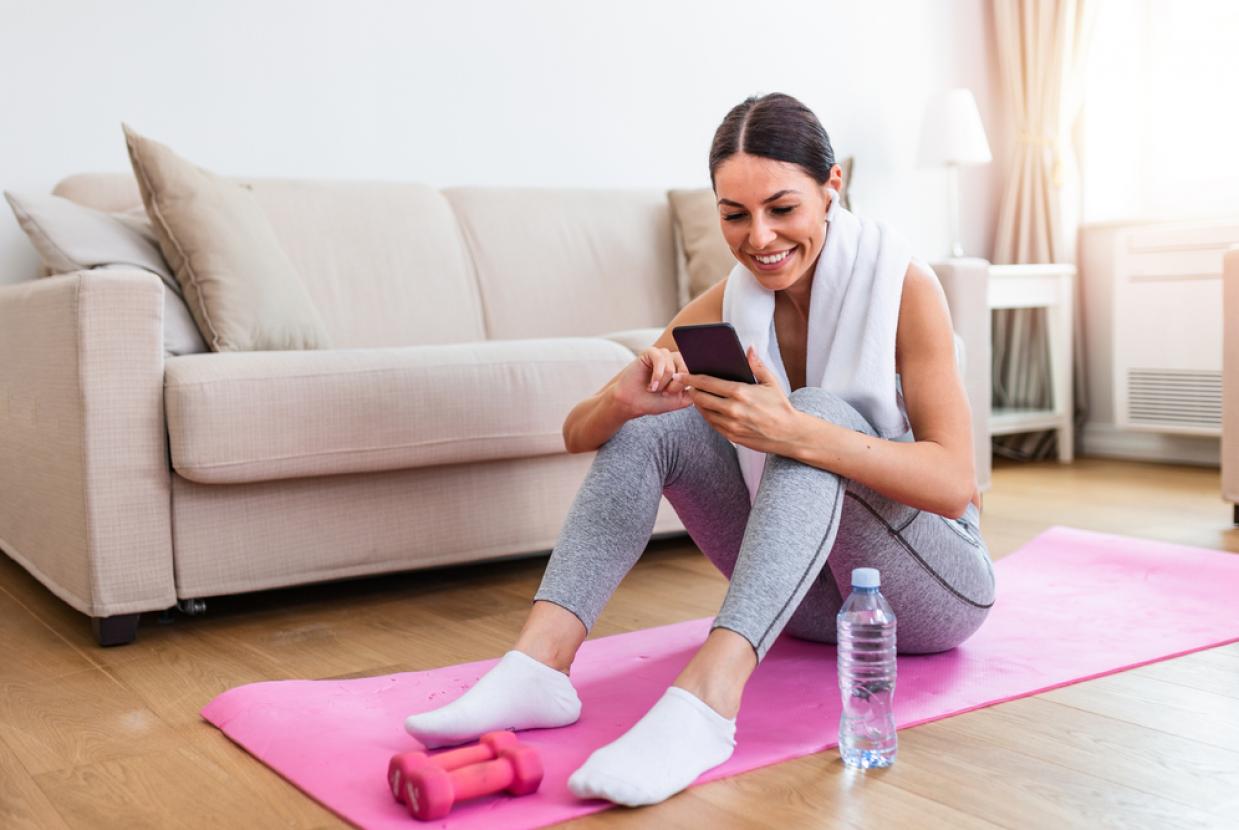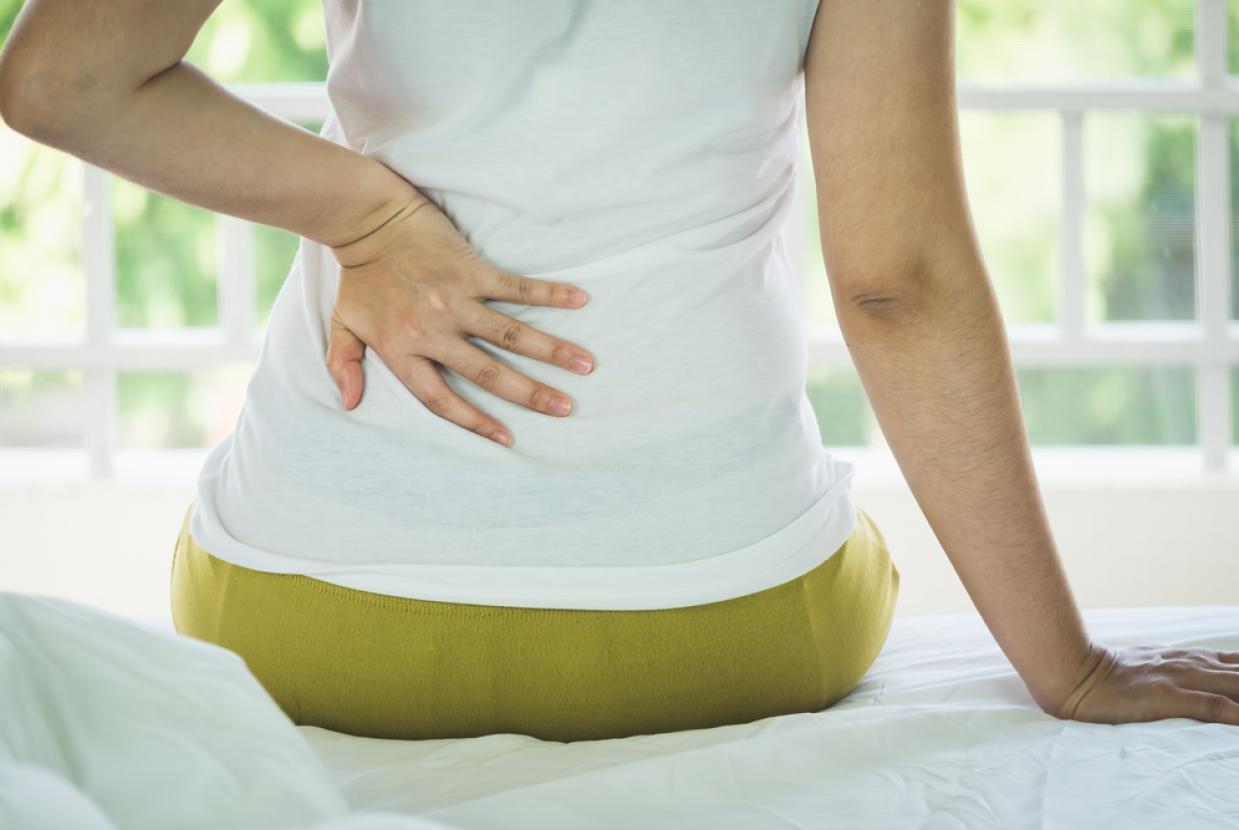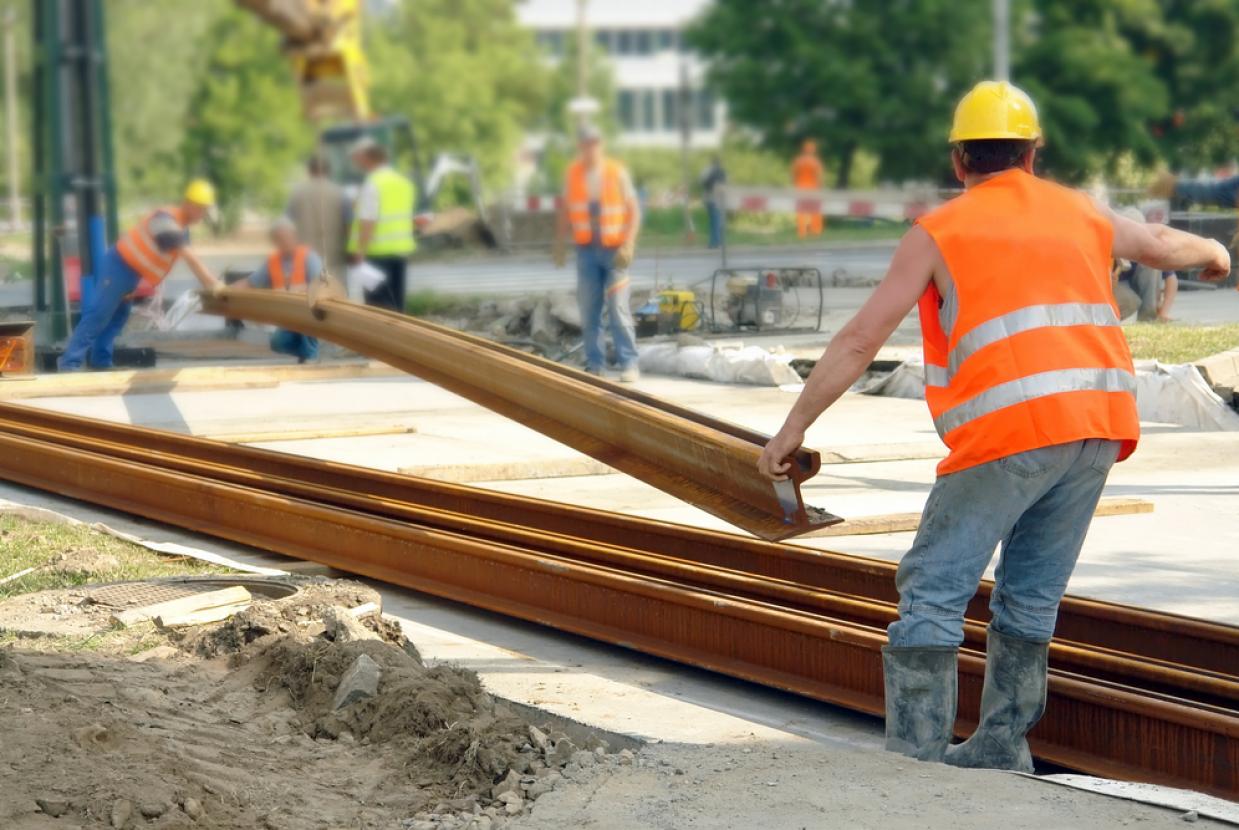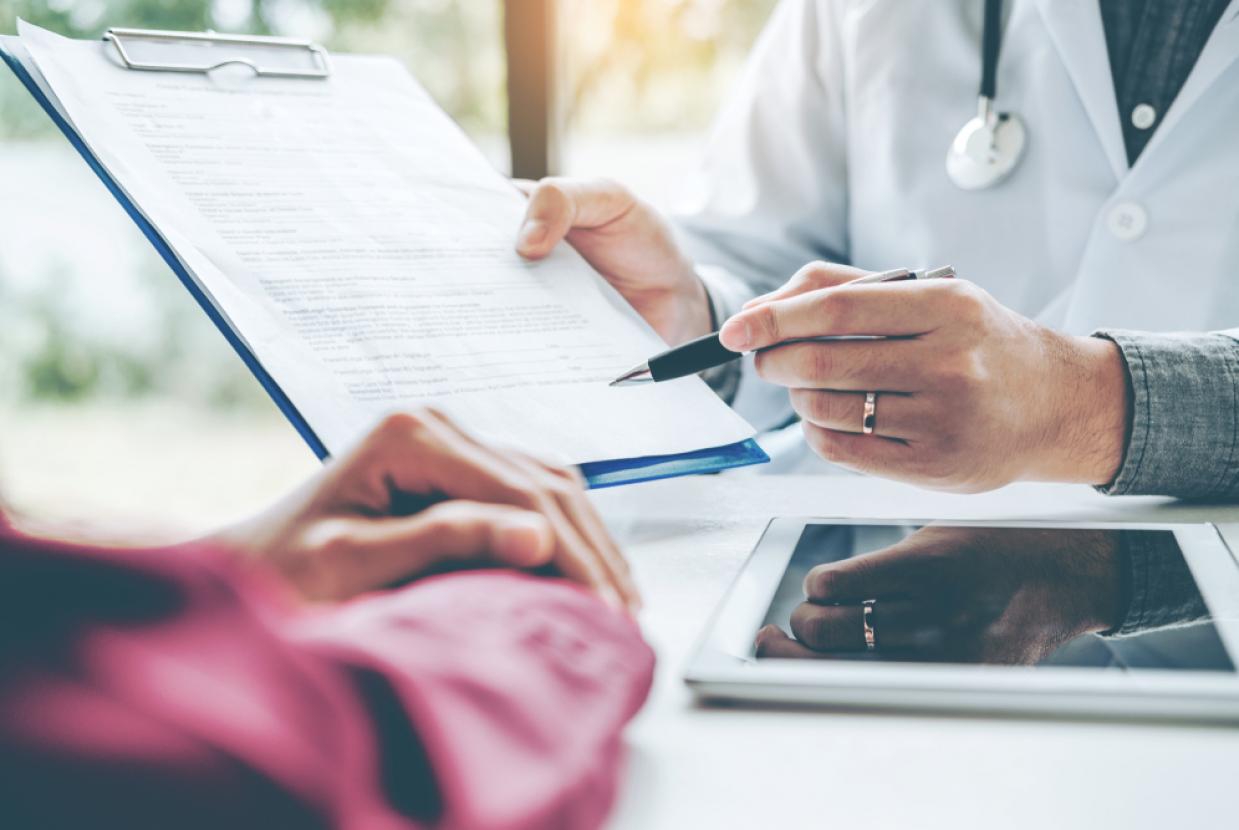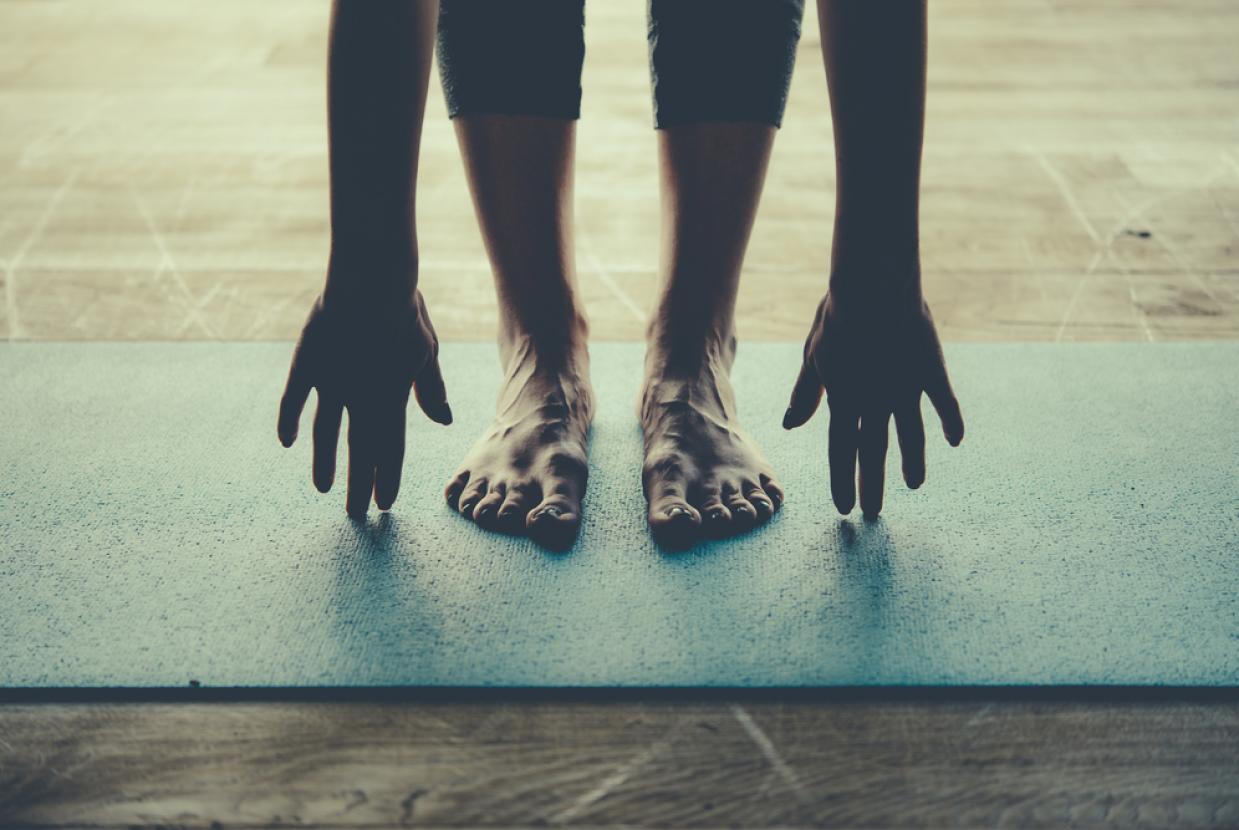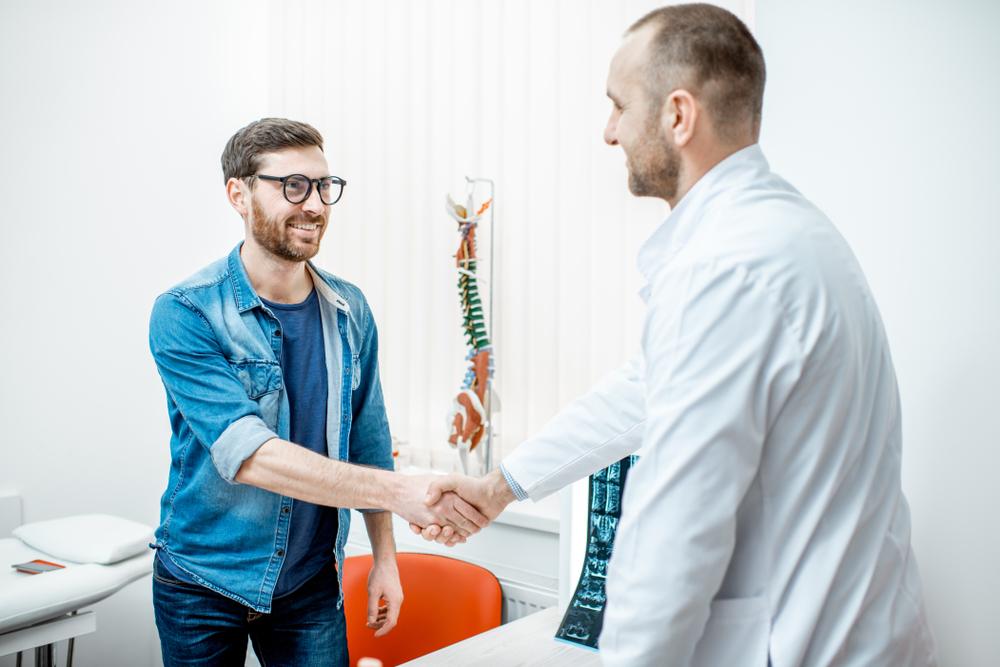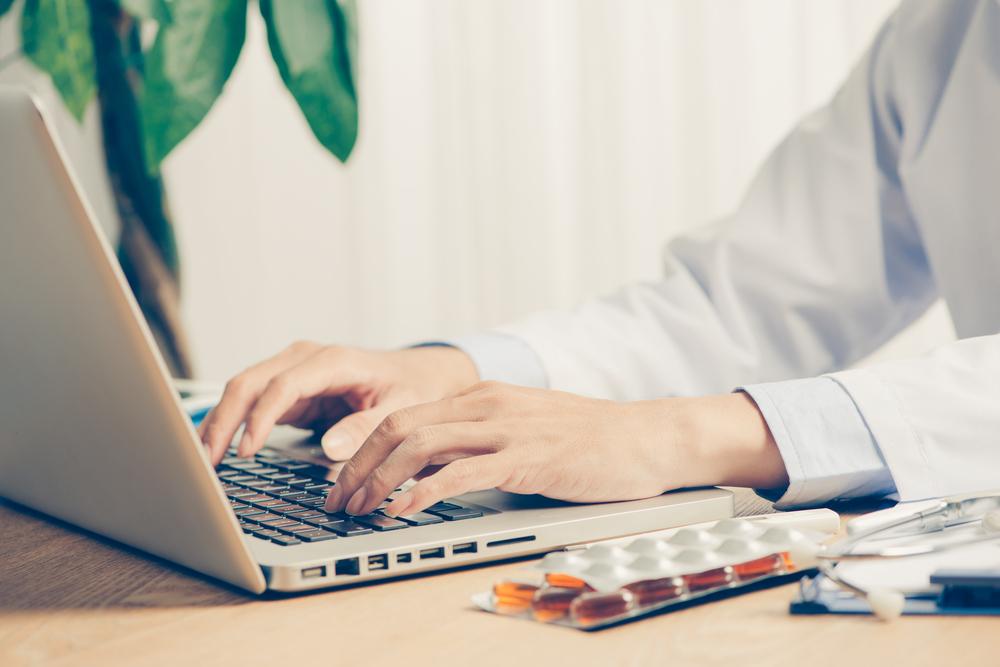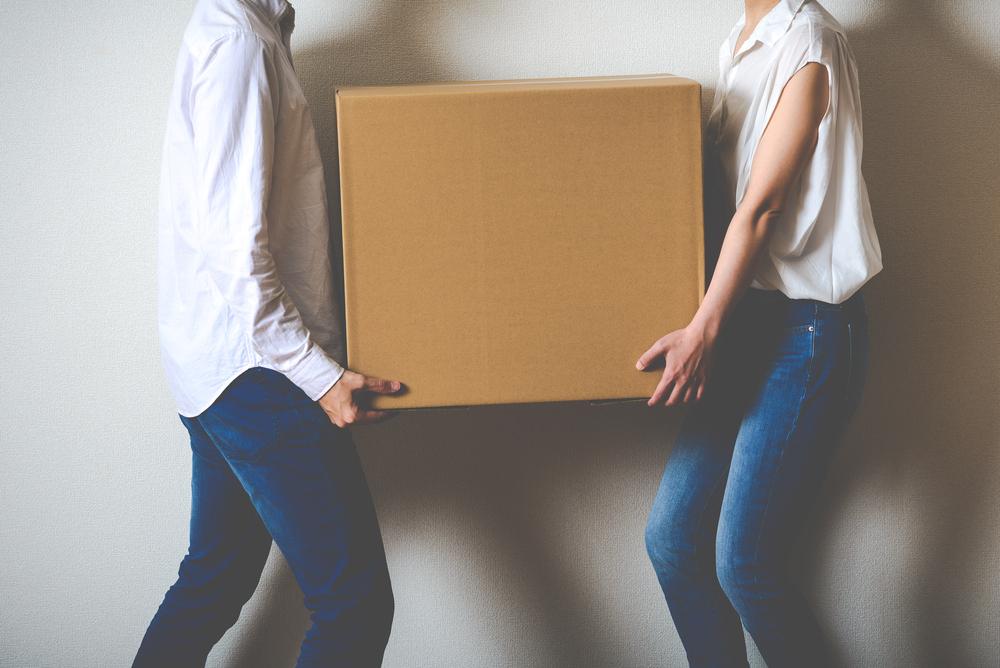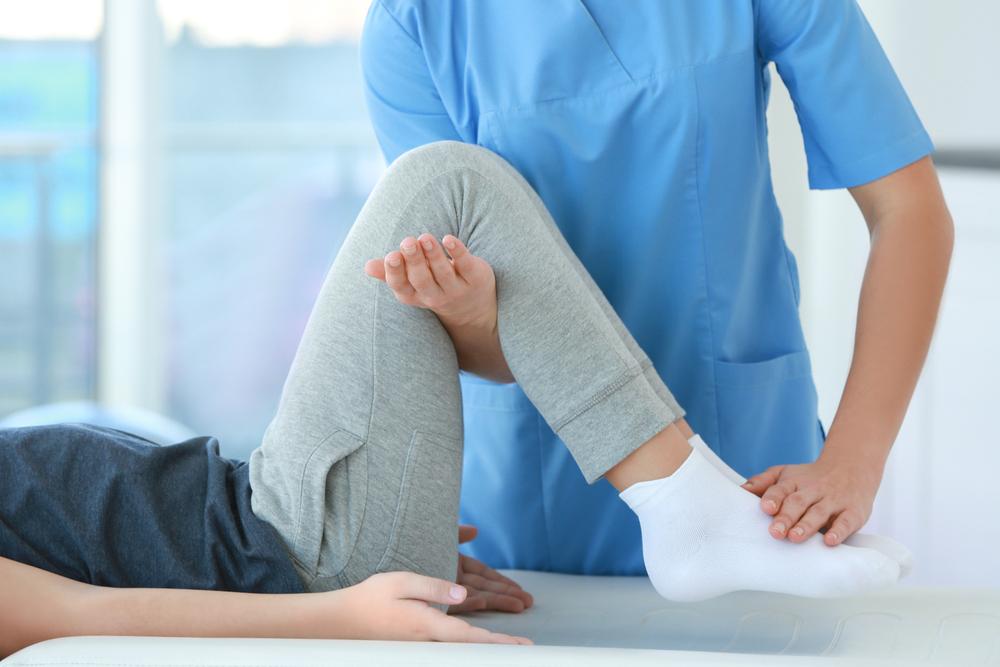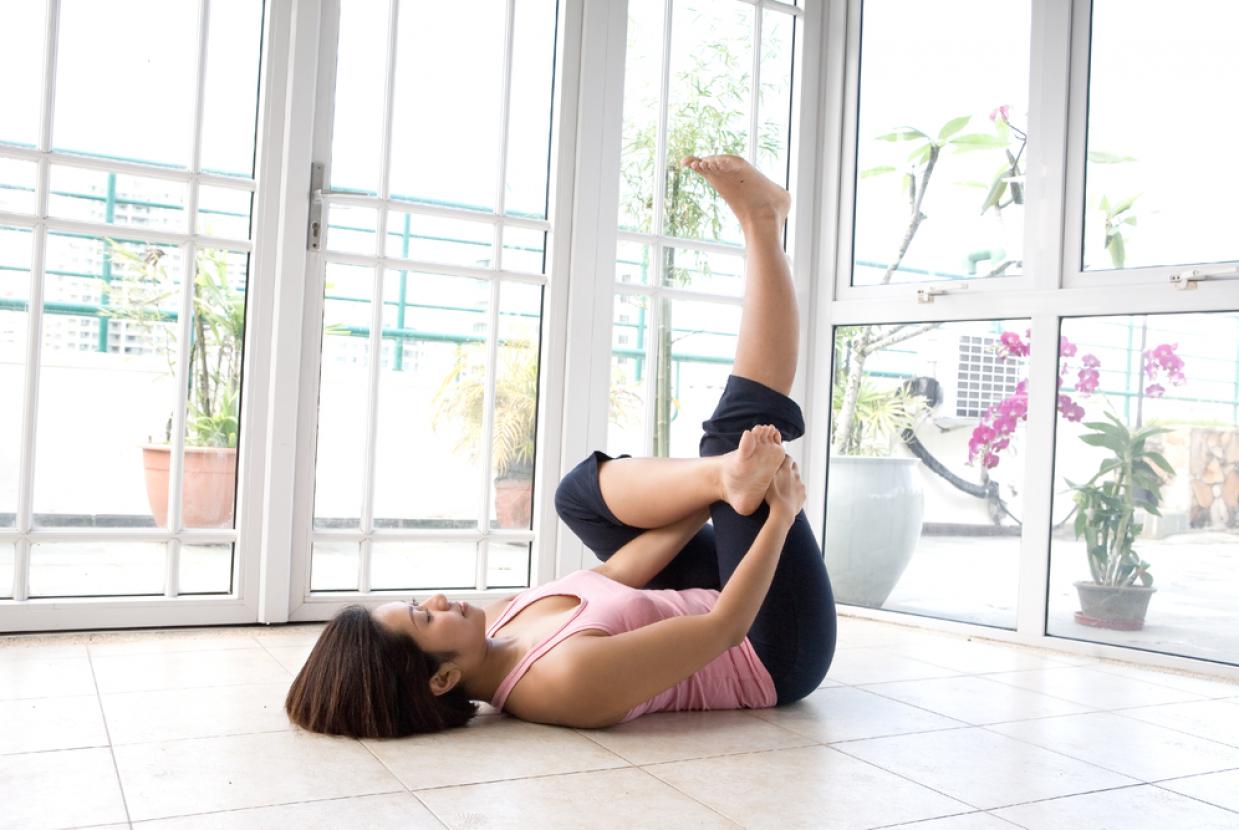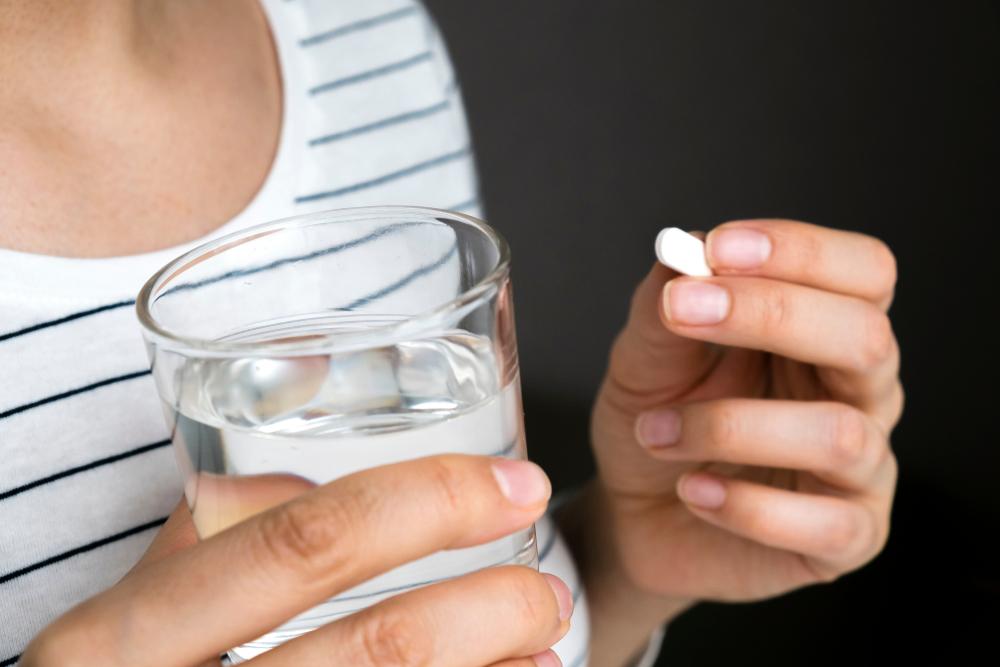What are the best ways to keep your bones healthy?
Arthritis/Back Pain/Joint PainGood bone health is important at every age, but especially as you get older. Keeping your bones strong can mean you’re less likely to break them if you have a fall. In recent years, there has been a rise in bone problems in adults and children because people aren’t getting enough vitamin D or calcium or doing enough weight-bearing exercise.
All of which is so important to help us have strong and healthy bones. Some bone problems develop without symptoms, so many people don’t even realise they’re at risk.
Young bones
Bone is a living tissue, and our bodies are continuously getting rid of old bone cells and growing new bone in its place. When we’re in our teens and early 20s, if we’re getting the right nutrients this process works well and our bones are at their strongest. But from our mid 30s the process of forming new bone tissue starts to slow down.
You need calcium to strengthen your bones, and you need vitamin D to allow the body to absorb calcium properly. If you don’t get enough of either calcium or vitamin D, it can cause soft bones and bone pain – rickets in children and osteomalacia in adults. This can cause bones to bend and break easily.
Adult bones
More than three million adults in the UK have osteoporosis, which is when bones become weak. It doesn’t always cause symptoms, so many people only realise they have it when they unexpectedly break a bone after a small fall.
Lots of things increase your risk, including family history of osteoporosis, taking certain drugs for a long time – such as steroids, having rheumatoid arthritis, being very underweight or overweight, smoking, and drinking lots of alcohol.
Women are more at risk than men. The female hormone oestrogen is essential for healthy bones. When levels of oestrogen fall after the menopause this can put women at a higher risk of osteoporosis.
Boost your bone health
Take a daily vitamin D supplement
Your skin makes vitamin D when it’s exposed to sunlight, but many people in the UK don’t get enough sun. Vitamin D is found in some foods, such as oily fish, red meat and eggs, but it’s hard to get enough from your diet alone. Learn more about bone health and diet from the NHS.
The Department of Health recommends that people who aren’t exposed to the sun often, or whose skin isn’t good at absorbing vitamin D, should take vitamin D supplements all year round. Everyone is advised to take vitamin D supplements in the autumn and winter.
Get plenty of calcium
Most adults need 700 mg of calcium every day, which is approximately 200 ml milk, 125 g plain yoghurt, and 40 g Cheddar cheese. If you’re not getting enough calcium in your diet, your doctor may recommend a supplement.
Keep active
Weight-bearing exercise, which is anything that puts a bit of pressure or force through your bones, is good for strengthening your bones. Katie Knapton, founder of Physio Fast Online, says walking is the best choice. Sit to stand exercises from a chair are also good.
Tai chi can help with balance to prevent falls and seated exercises can help with leg strengthening or posture. Learn what types of exercises can help with leg strengthening.


